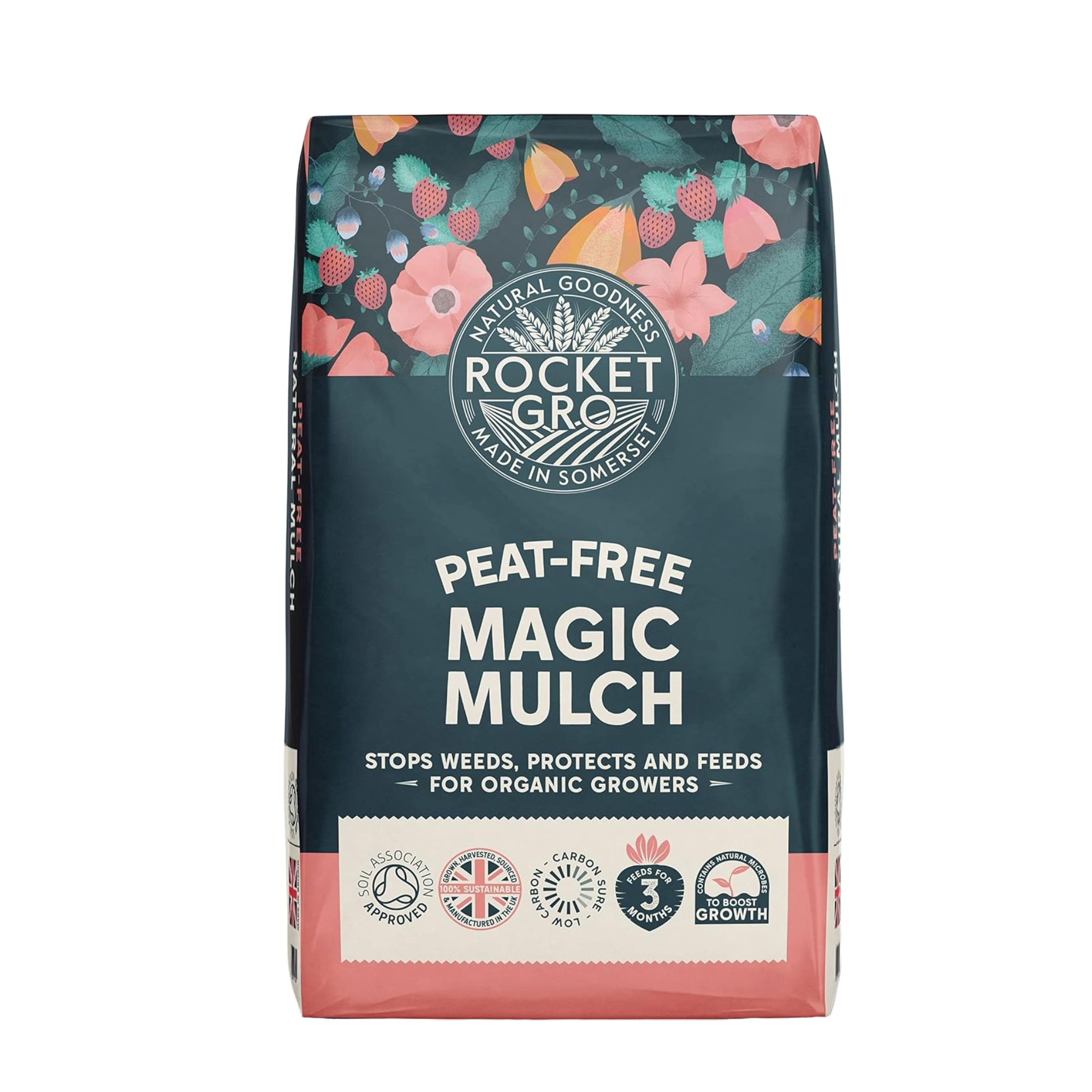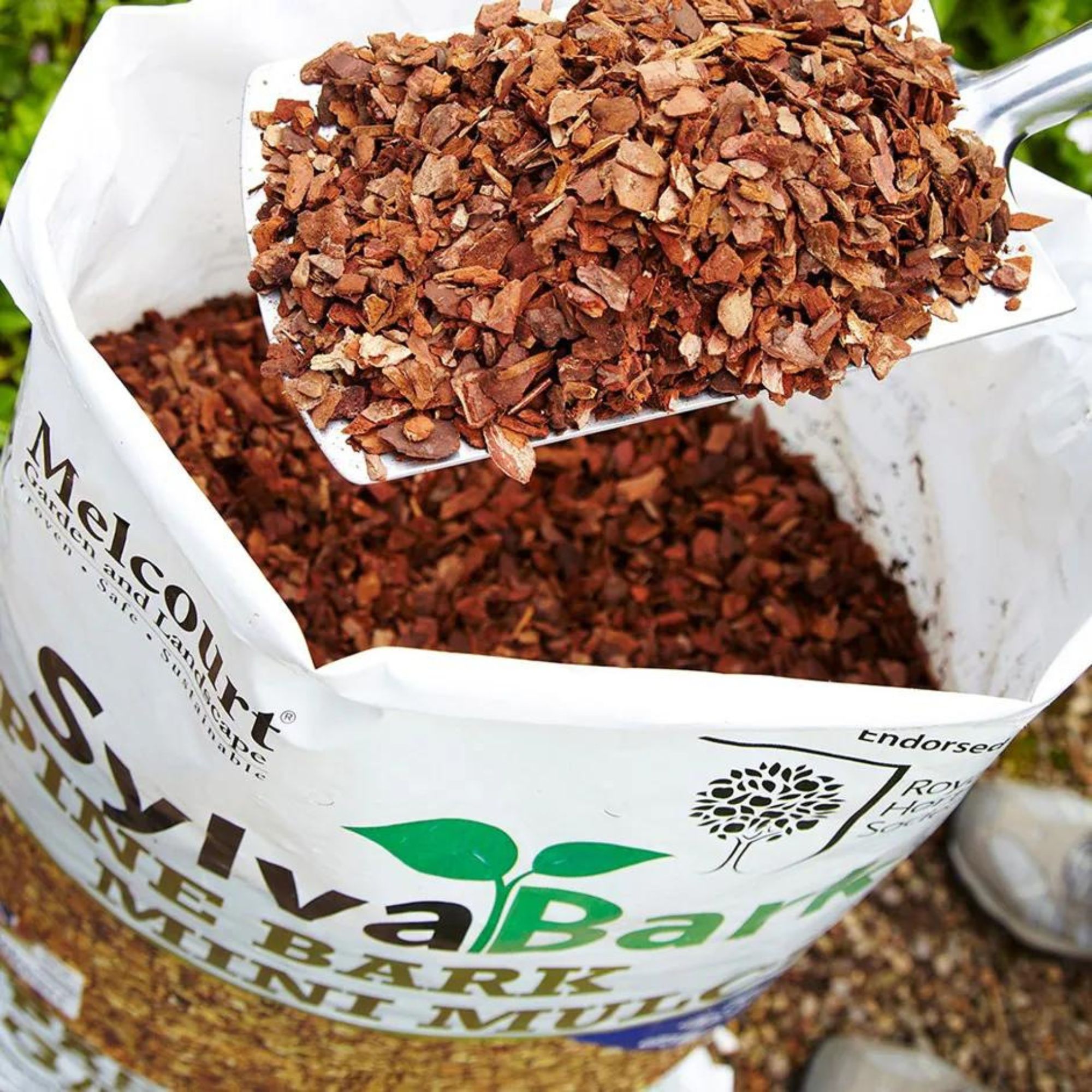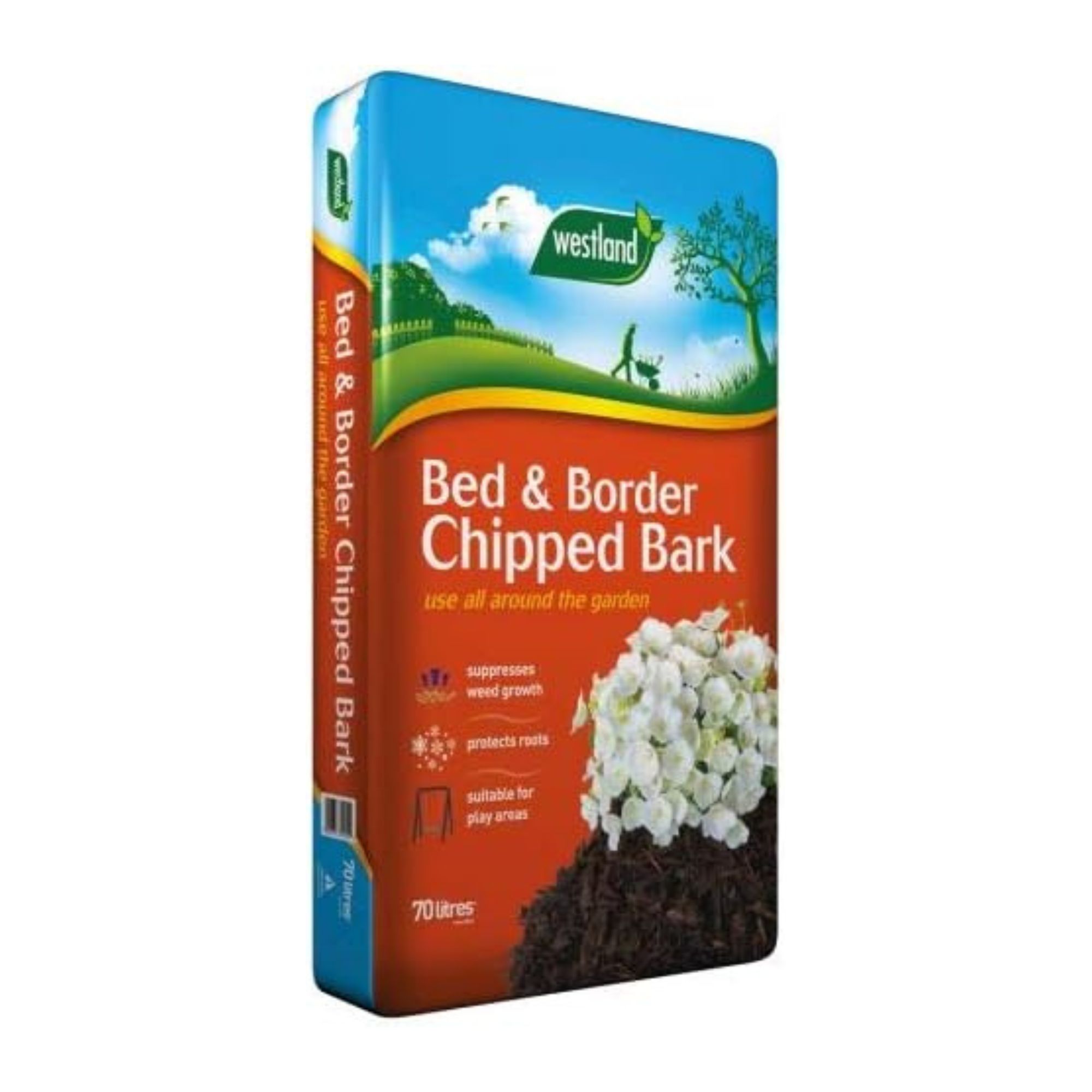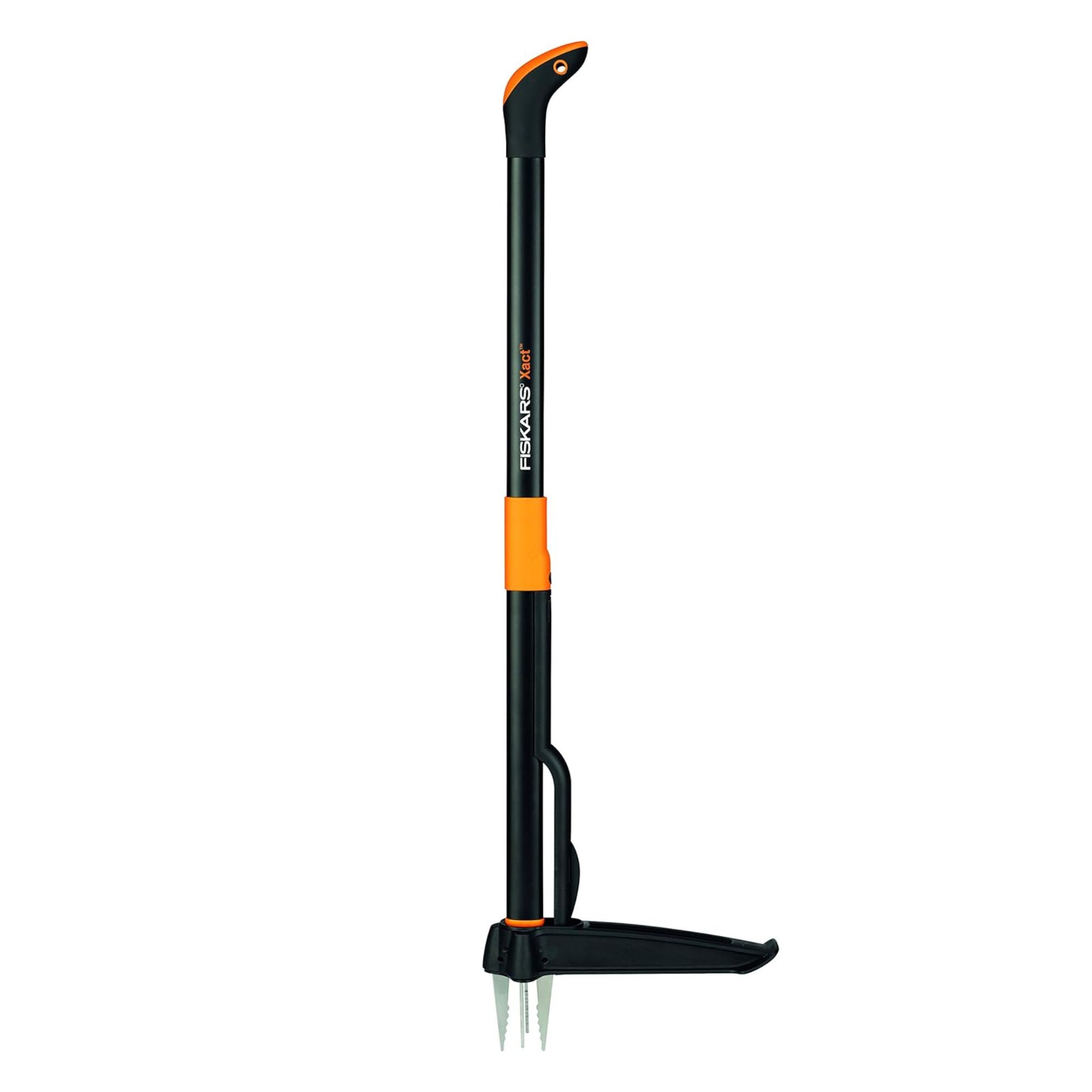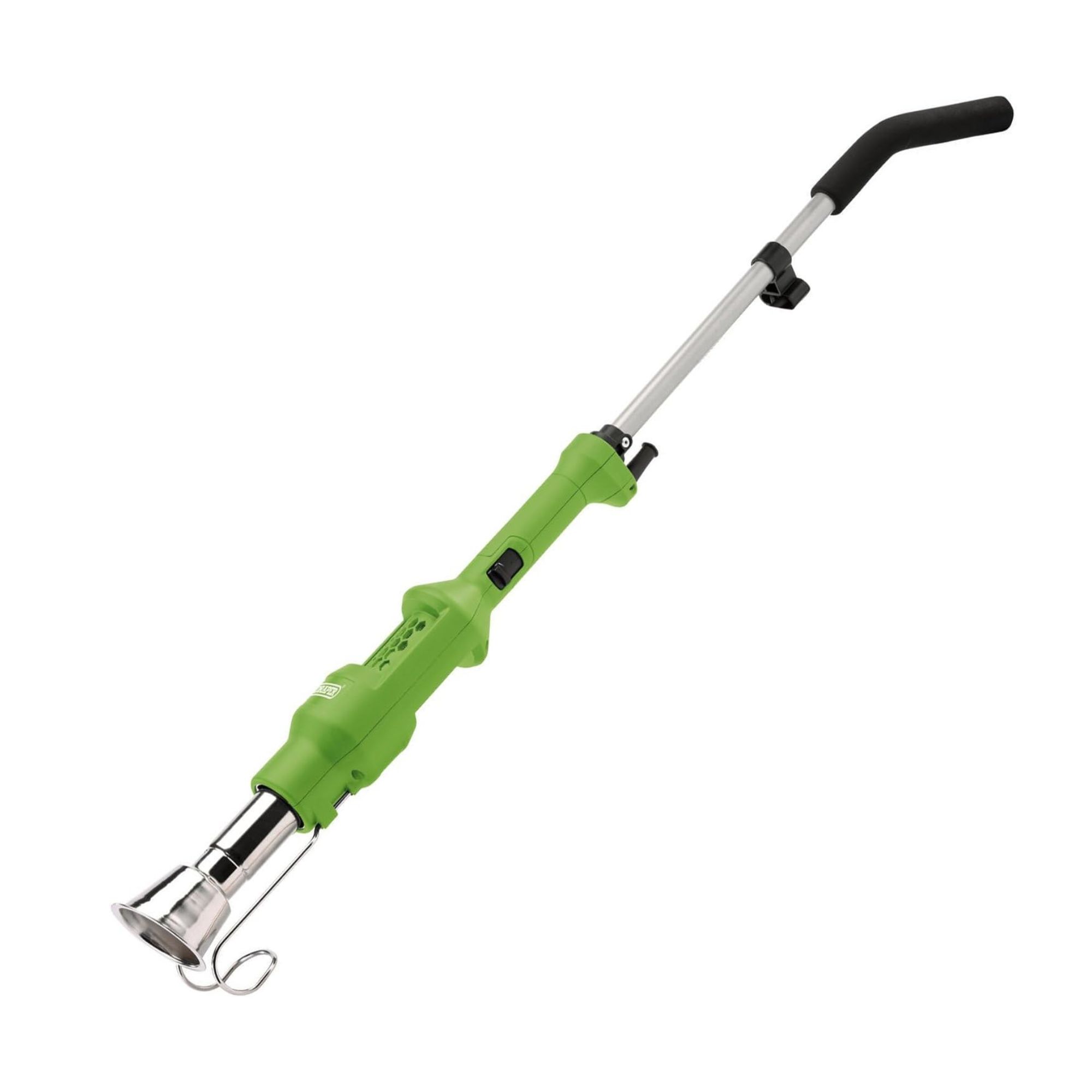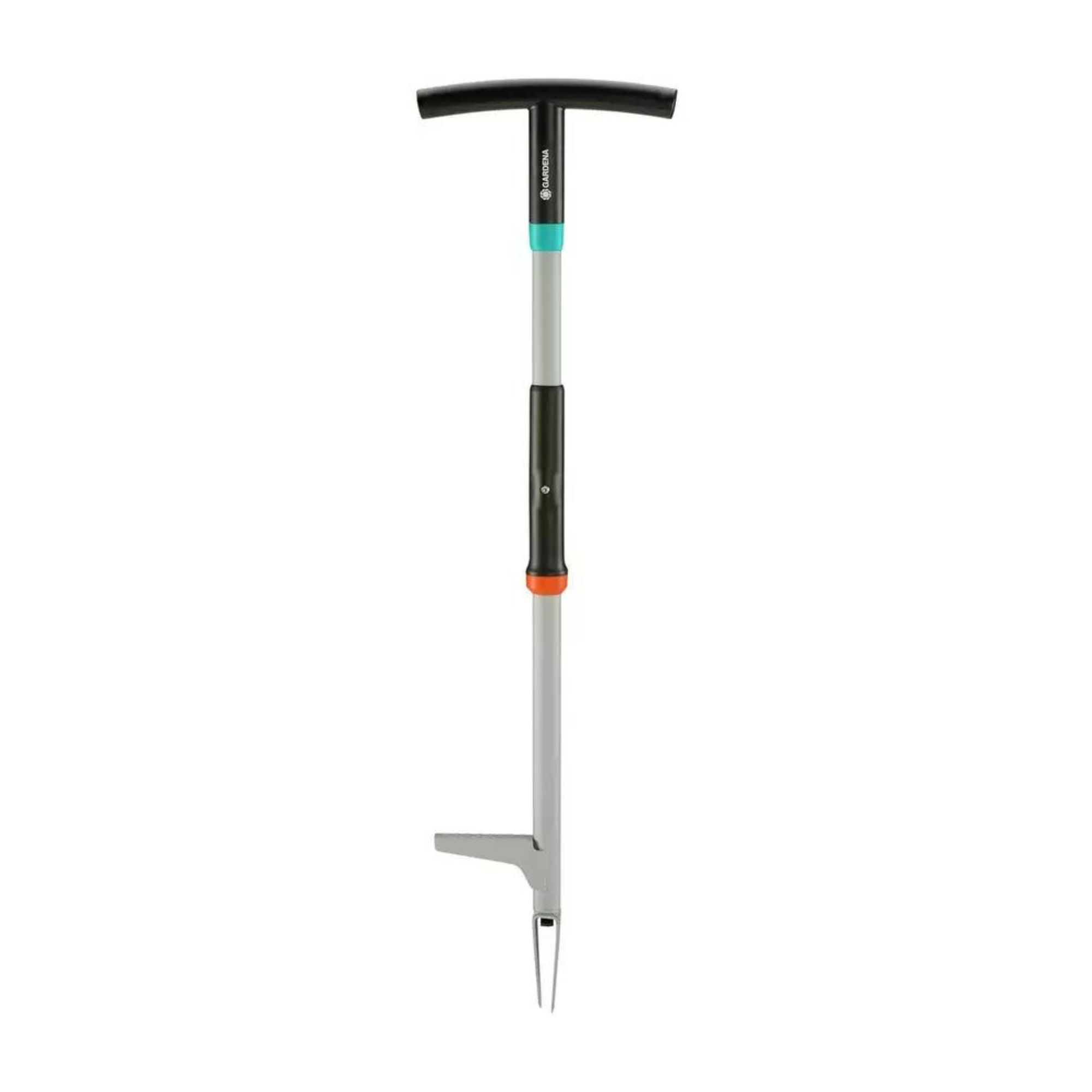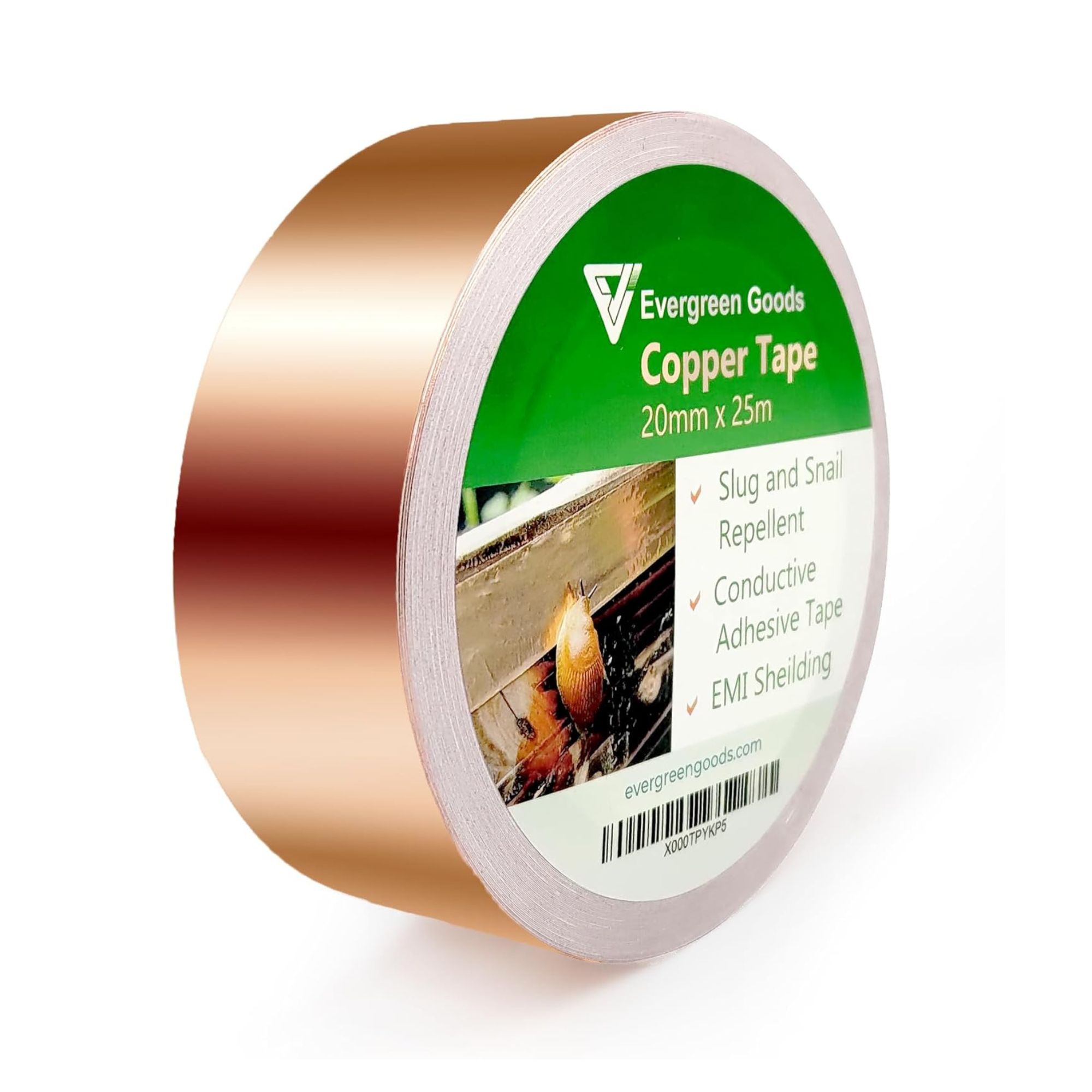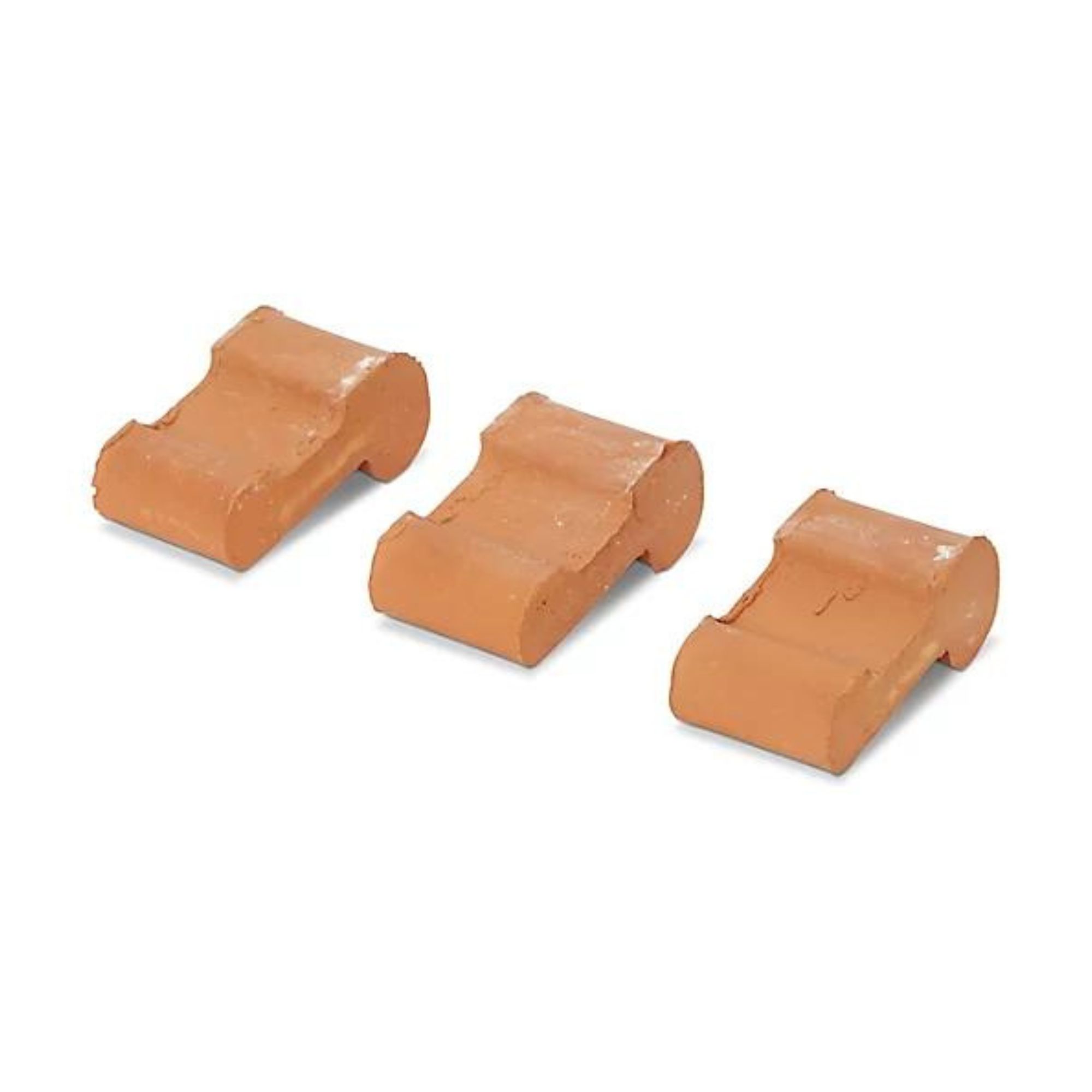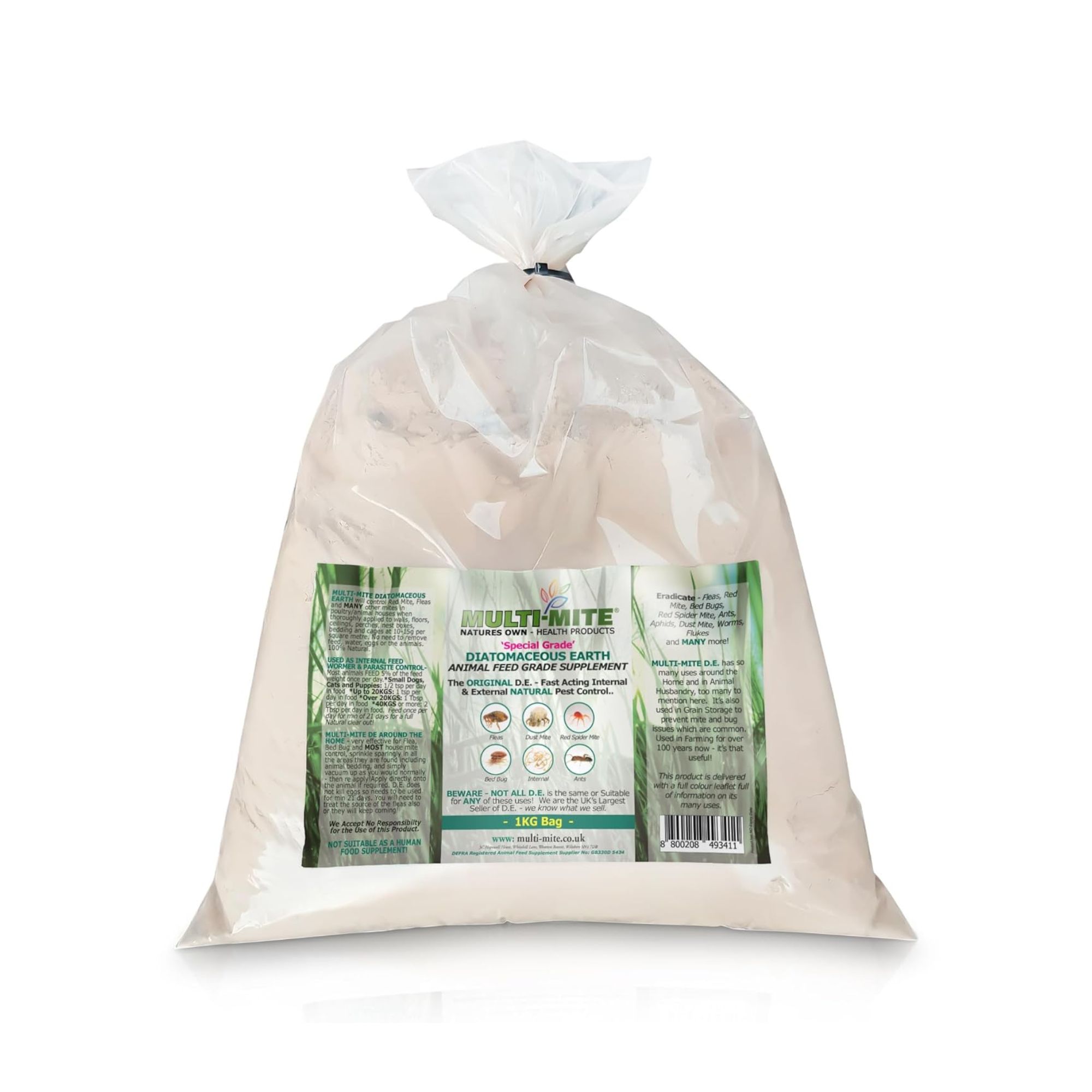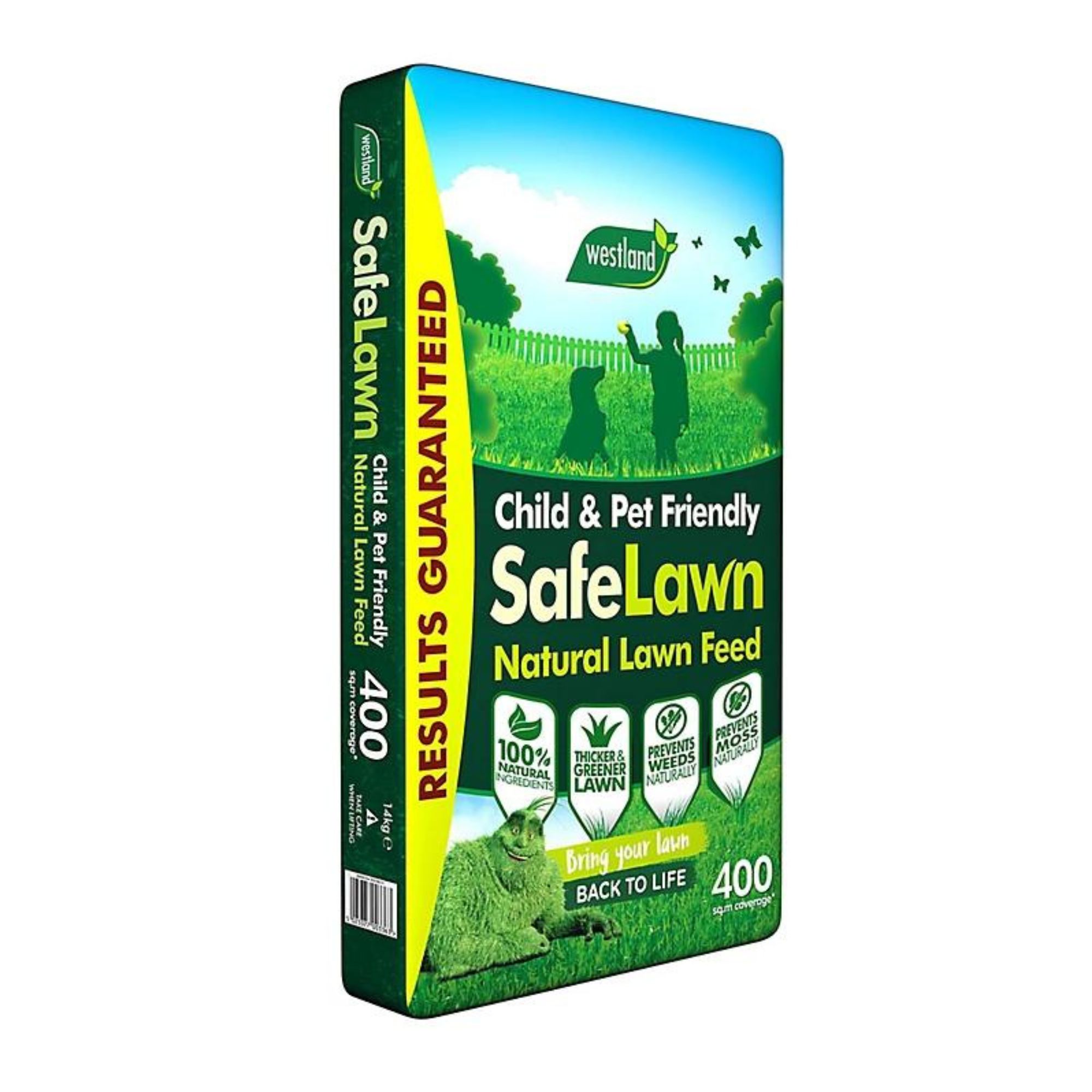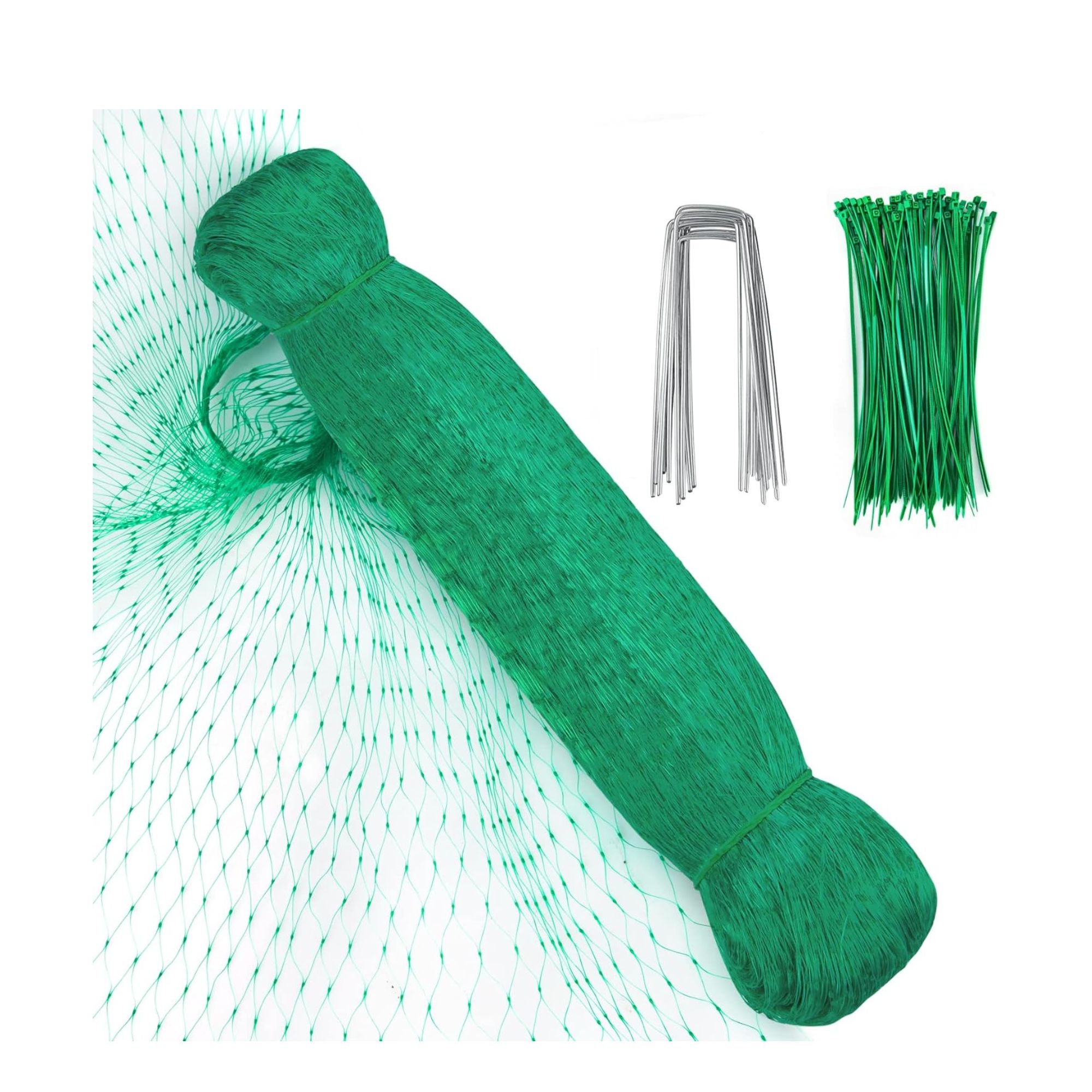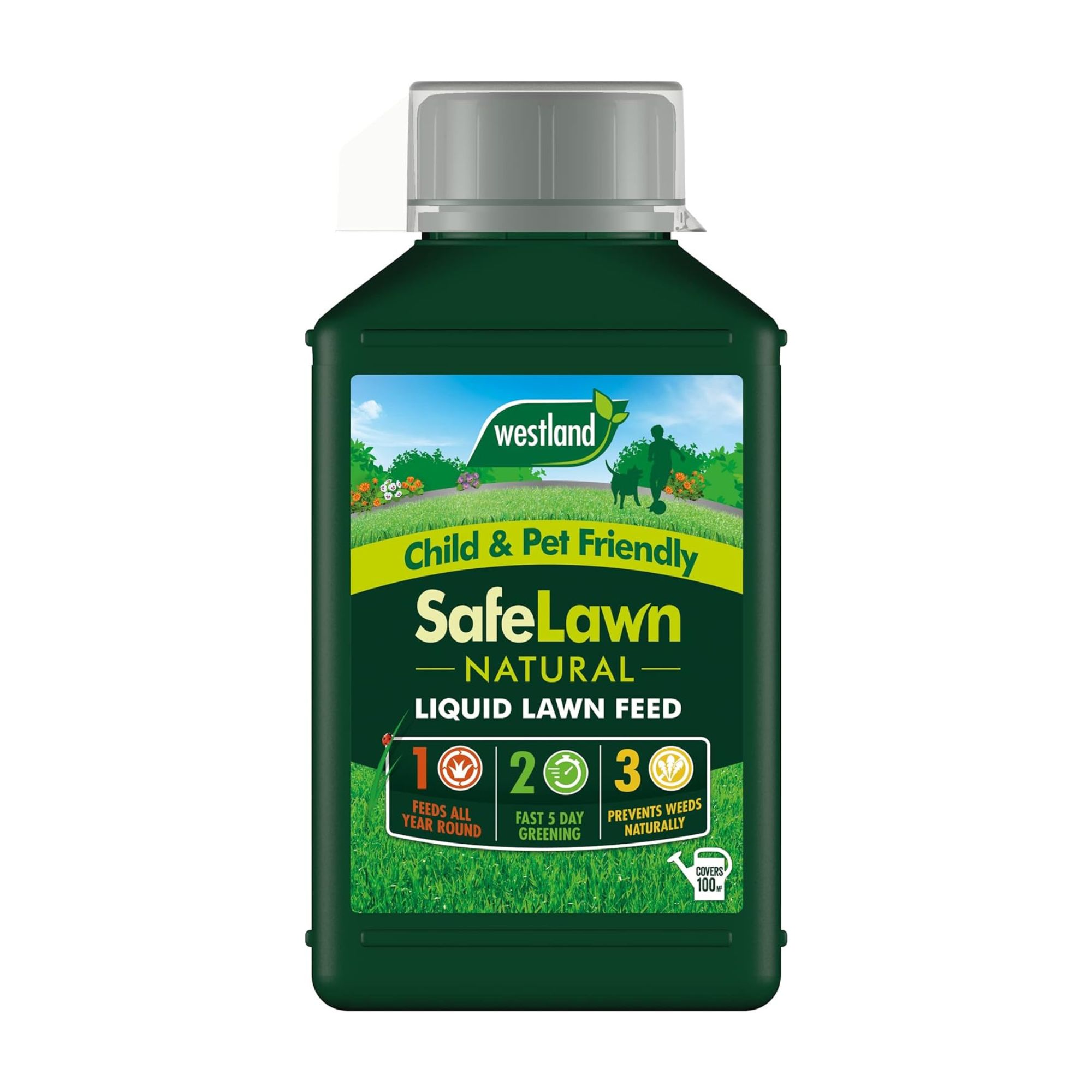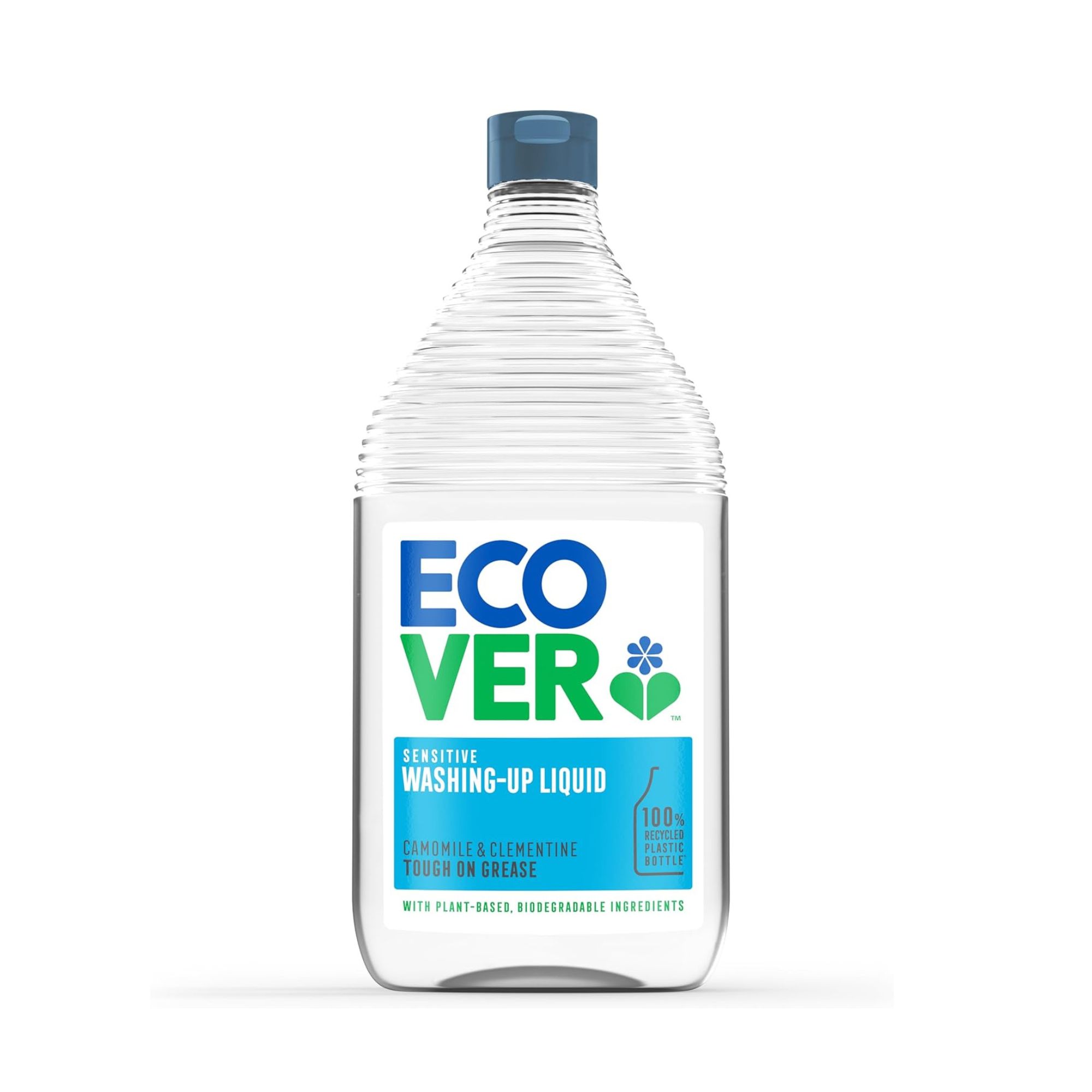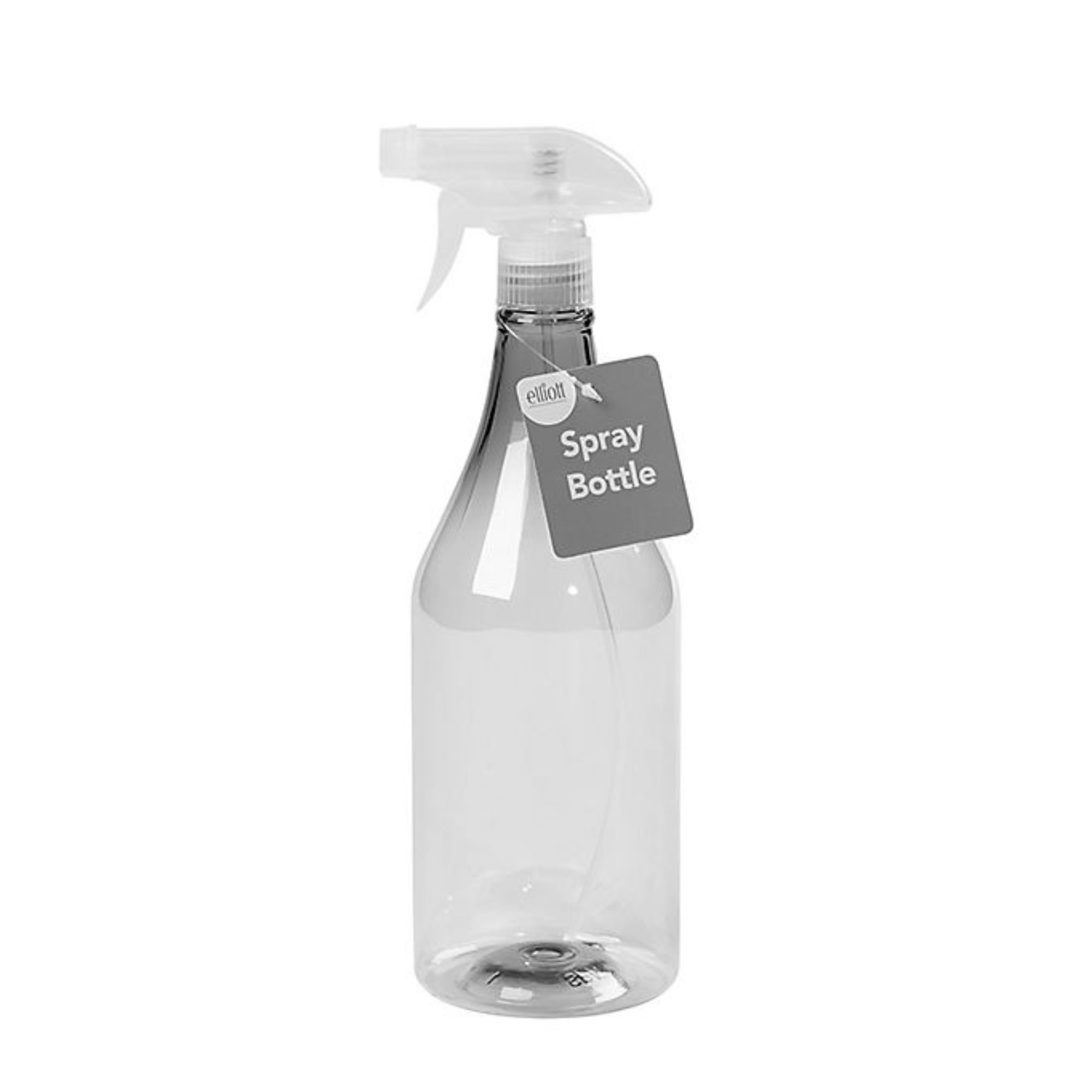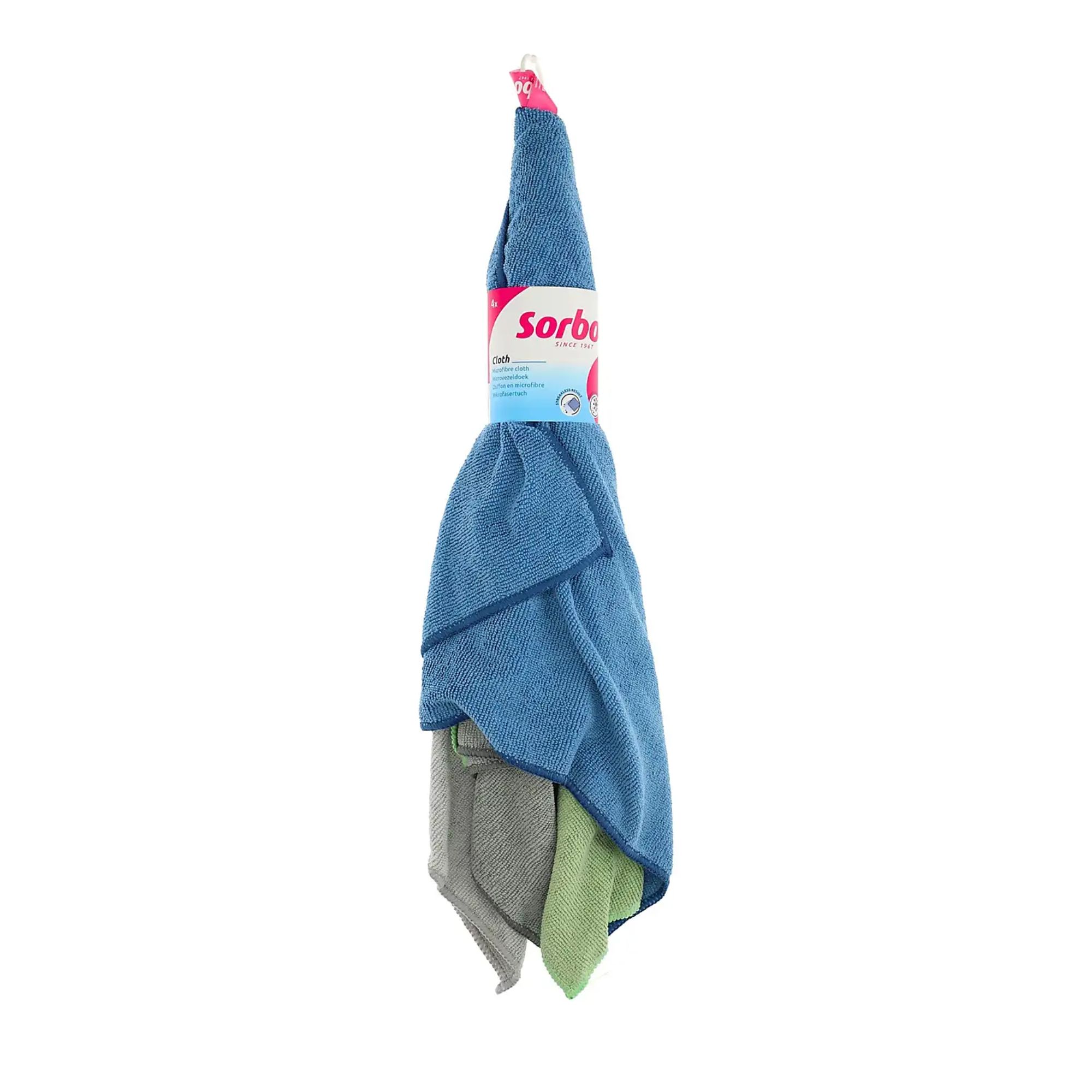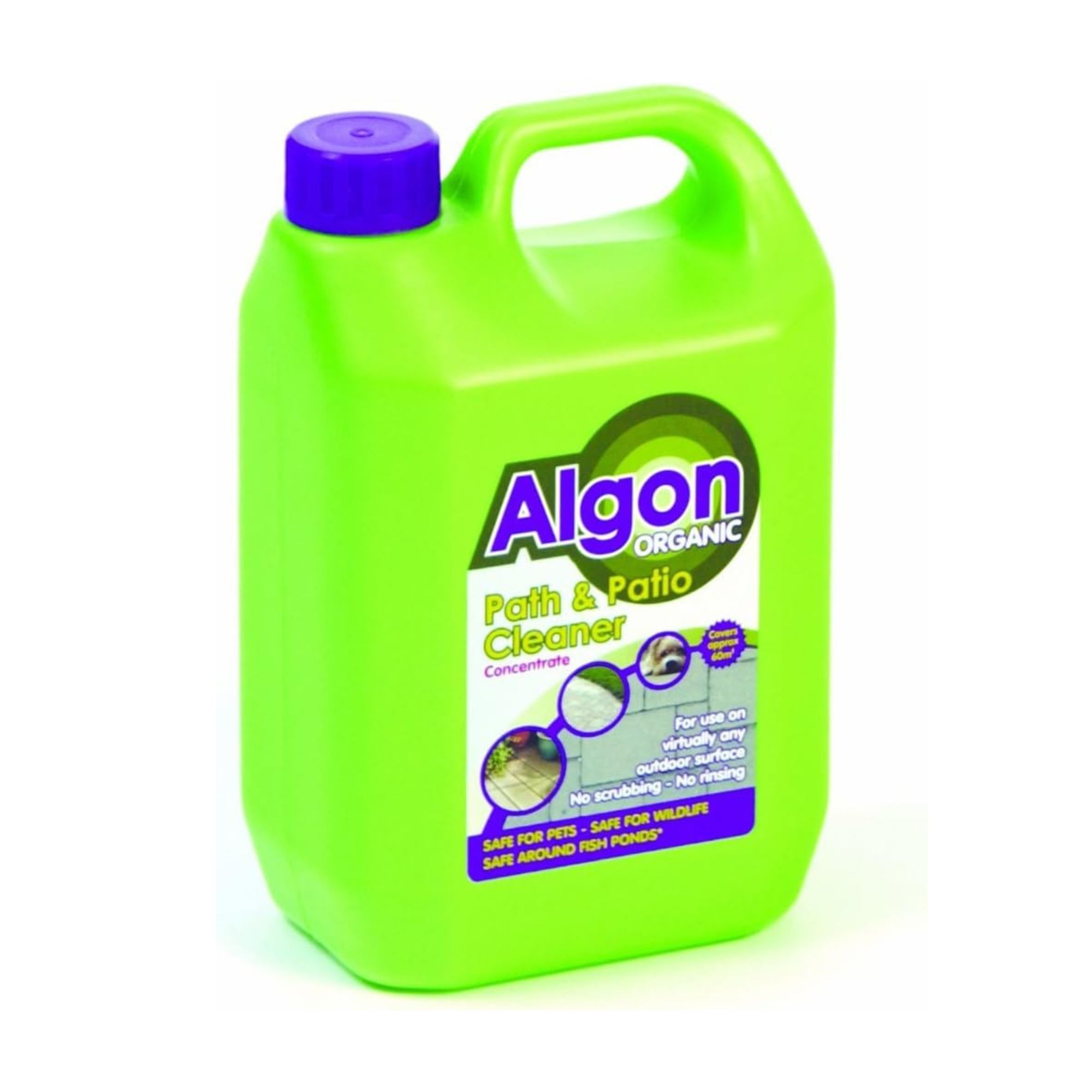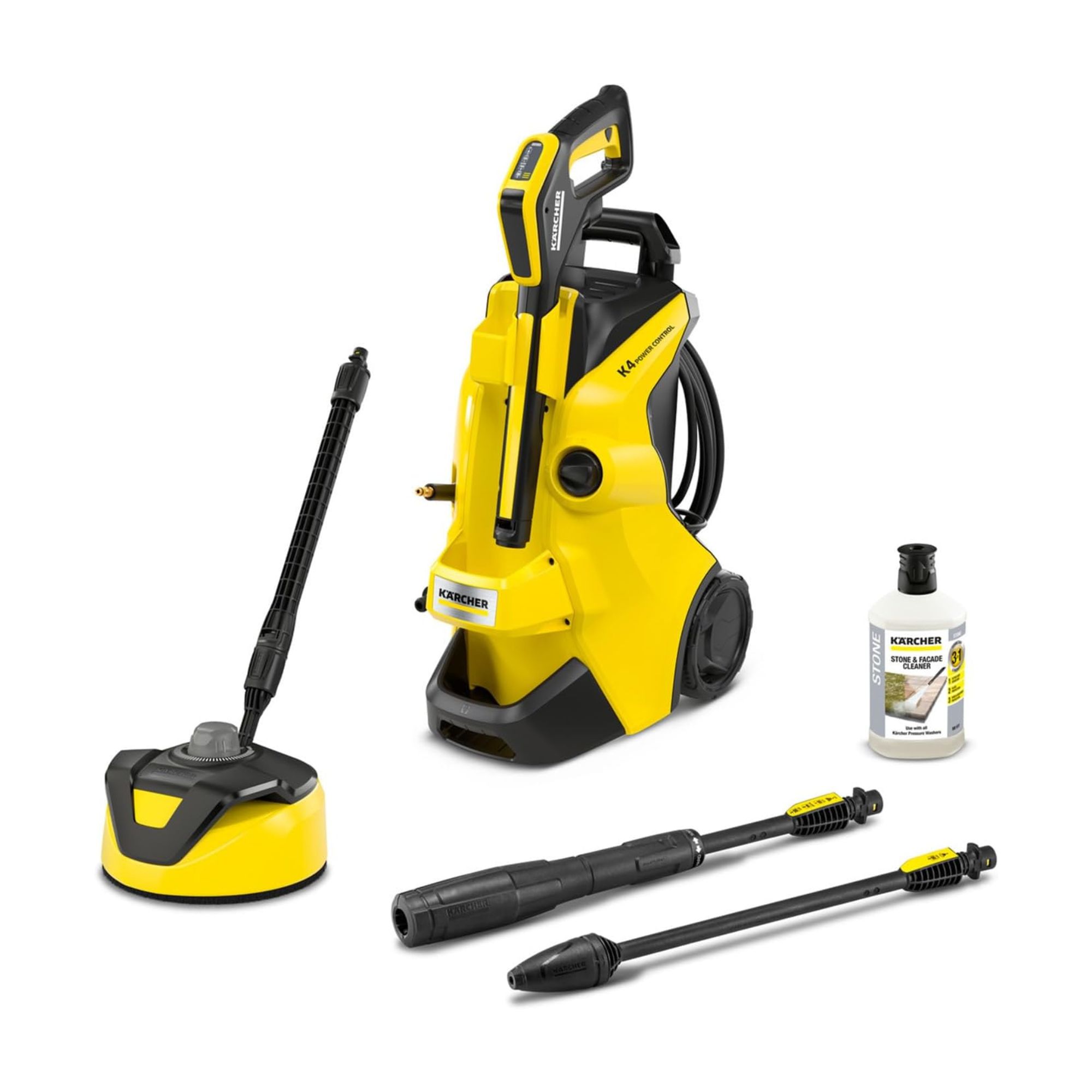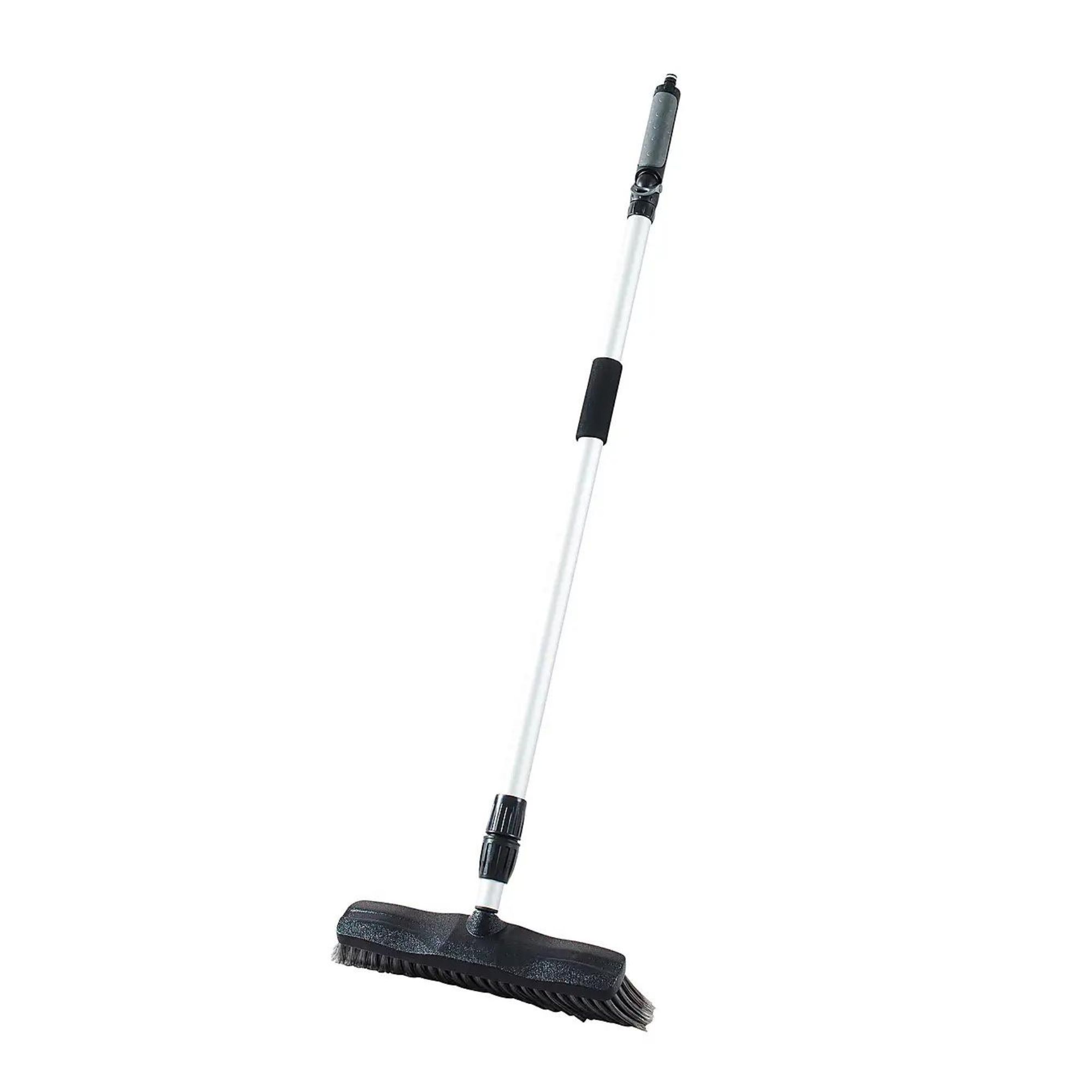Experts warn you could be poisoning wildlife with these common garden products
Thankfully, there are much safer alternatives you can use instead
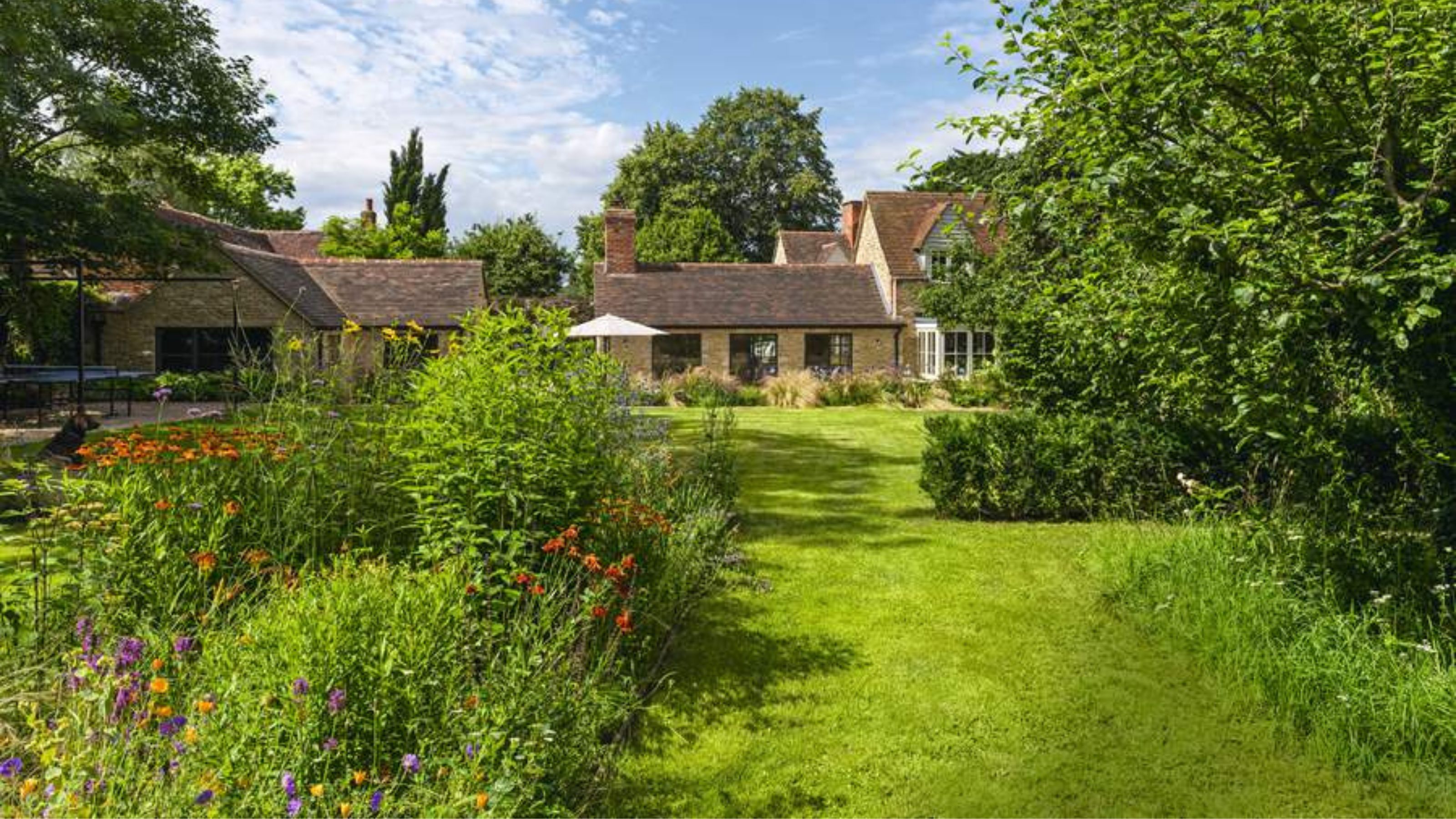

To make a perfect garden, you need the likes of mulch, lawn seed and sufficient pest control to keep it all in check. However, it's important to understand that some of the most common garden products can actually be toxic.
Yes, when you spend time, effort, and money bringing your garden ideas to life, you probably want everyone and everything to enjoy it - even the local wildlife. Doing so can also work in your favour, not only because you enjoy the sounds of birds chirping and the sight of hedgehogs nesting, but creating a wildlife garden can also boost the value of your property and make it more desirable to potential buyers.
But experts are warning homeowners across the UK to be mindful of the common garden products they use to keep their gardens in tip-top condition. After all, many of them are incredibly toxic and could be doing more harm than good.
Toxic common garden products
You may assume that everything you use in the garden is safe for outdoor use, but that’s not the case. So, whether you want to make your garden more hedgehog-friendly or you just want to maintain a safe space for your family pets, you should heed this expert advice and avoid these deadly garden products.
1. Cocoa mulch
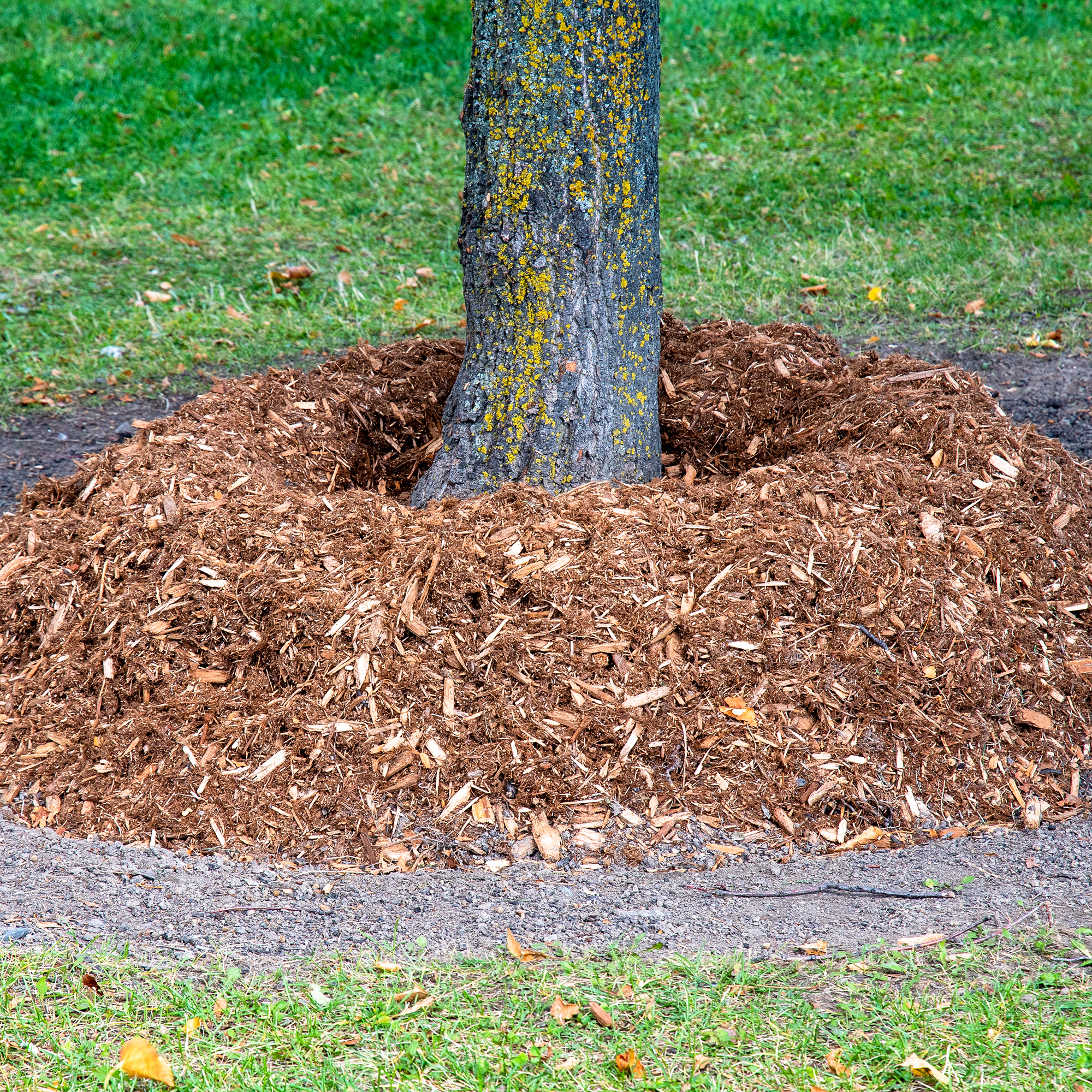
You don’t have to be an expert gardener to understand the benefits of mulching. As well as improving your soil quality and preventing weeds, it can also protect your plants from frost. But one thing you might not realise is that there are various kinds of mulch out there - and cocoa mulch can be deadly to the animals in your garden.
As you can probably tell by the name, cocoa mulch is made from cocoa beans. Specifically, the shells. And while using a chocolate by-product in your garden may seem sustainable, it’s important to remember that chocolate is extremely toxic to dogs, cats, horses, hedgehogs, and birds.
This is due to the high levels of theobromine in the chocolate, and this same stimulant can also be found in cocoa mulch. Because of this, it’s best to avoid spreading it in the garden at all costs.
Get the Ideal Home Newsletter
Sign up to our newsletter for style and decor inspiration, house makeovers, project advice and more.
Instead, choose an alternative mulch that doesn’t contain theobromine and is advertised as safe for animals. Below, you’ll find a few options:
2. Weed killers
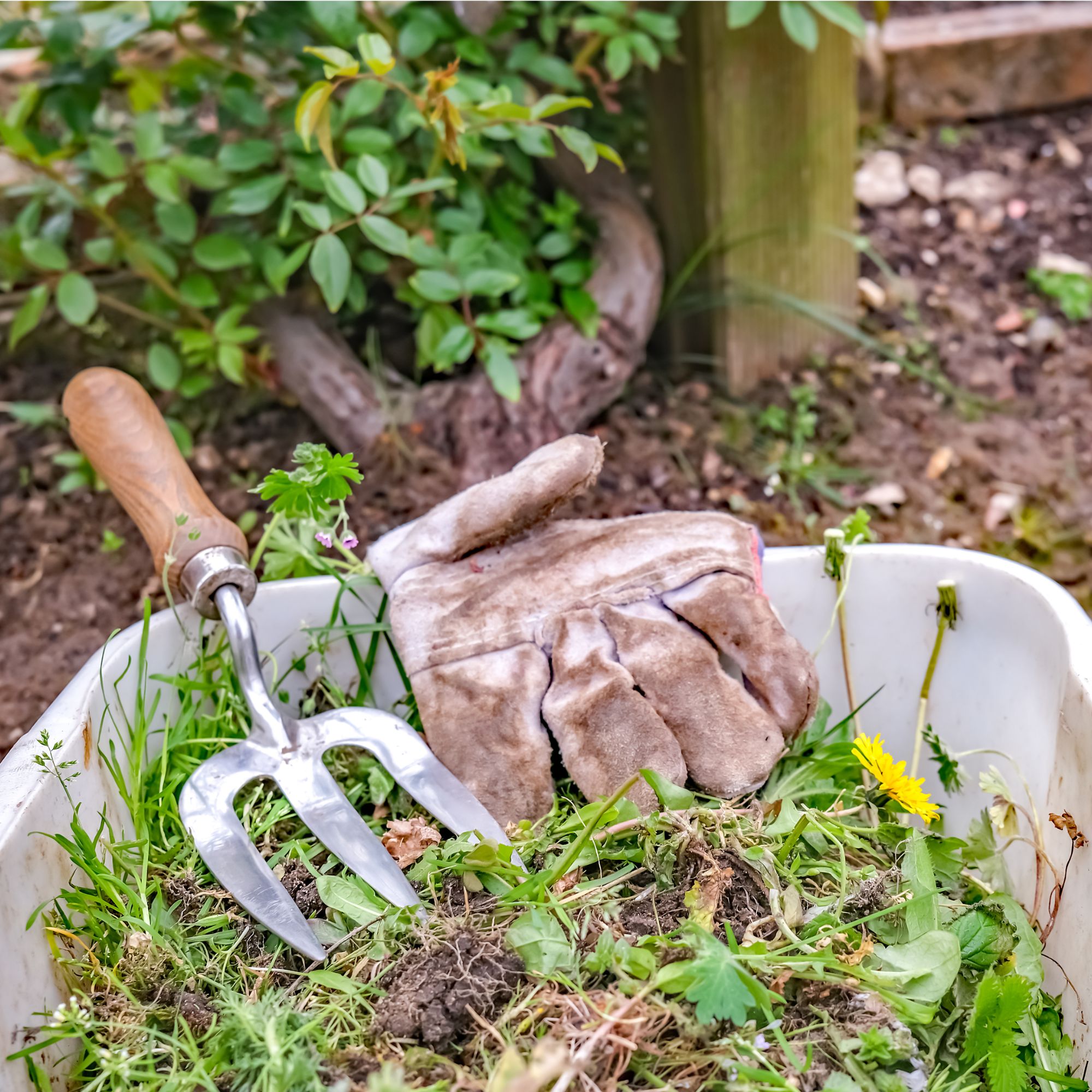
Let’s be honest; everyone wants to know how to kill weeds. But no matter whether you want to get rid of weeds in a lawn or get rid of weeds in a patio, experts would advise against using weed killers - or risk killing the wildlife in your garden at the same time.
Nick Penniall, owner of the Peterborough Hedgehog Hotel, has seen the effects of weed killers on hedgehogs himself over the years. He says, ‘We’ve had hogs come in with chemical burns that are very painful for the animals and take a long time to heal with the constant risk of infection.’
This is because these weed killers are full to the brim with deadly chemicals - particularly glyphosate - which can easily spread through accidental swallowing or simply sticking to the skin, fur, or spikes of animals.
So, try and get rid of weeds naturally instead. Pouring hot water over weeds should do the trick on a patio or in gravel, and using a weed puller will allow you to pull the weed (and the root) out of your lawn with ease.
Alternatively, you could give flame weeding a go! Just make sure to assess the area for wildlife before you heat things up.
3. Slug or snail pellets
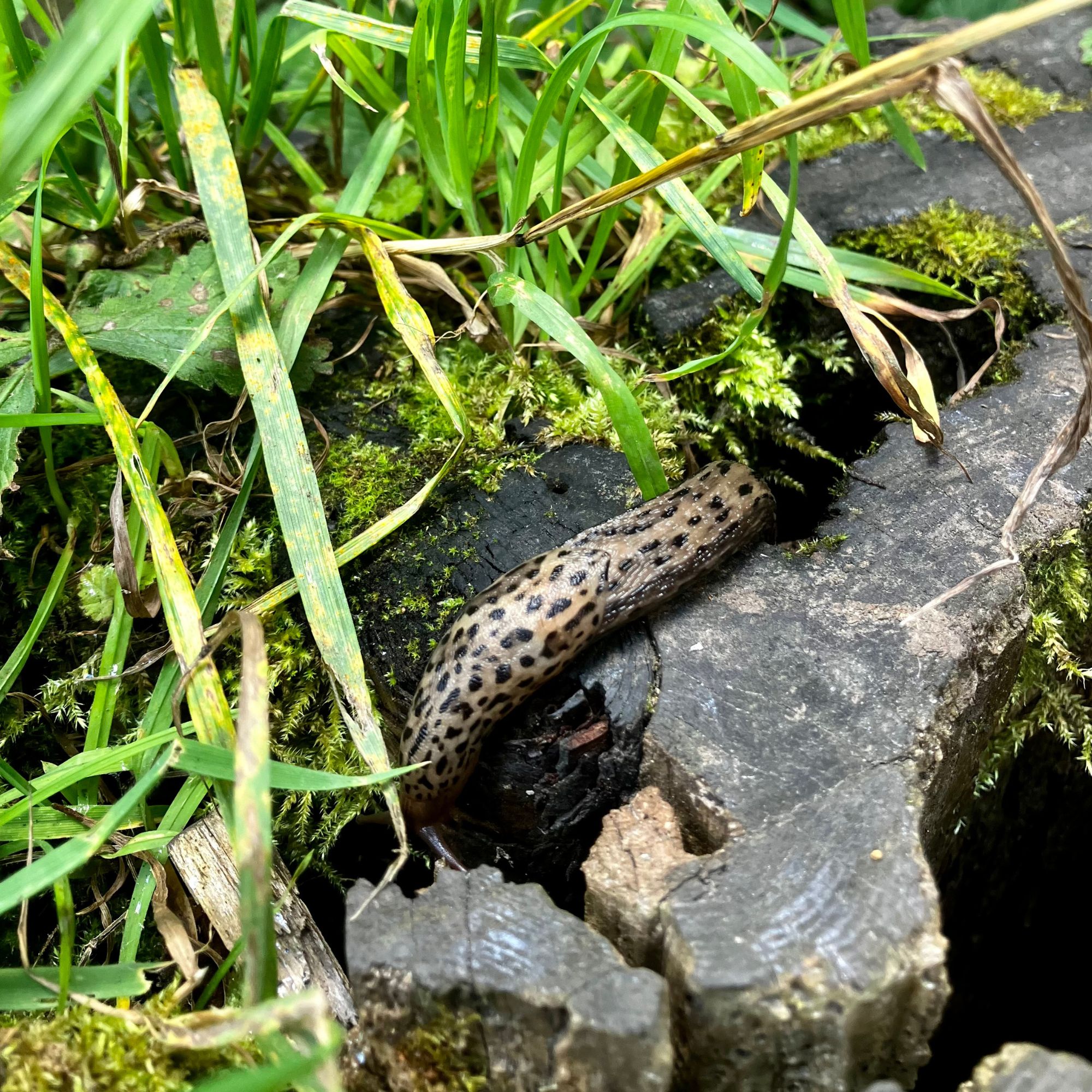
Fed up of slugs and snails eating your plants and chomping on your home-grown produce? Well, you’re not alone. However, experts would urge you to avoid slug or snail pellets when trying to get rid of snails and slugs.
'Slug pellets often contain some heavy-duty poisons,' warns Pooch & Mutt's Resident Vet, Dr Linda Simon. 'As well as being toxic to our pets, they can affect wildlife such as hedgehogs too. In general, there is no need to use highly toxic pesticides and insecticides.’
In fact, most slug and snail pellets once contained metaldehyde - but it’s now considered so dangerous and deadly that it’s been banned in the UK. Just ensure you don’t have any old boxes containing metaldehyde hanging around in the shed.
That doesn’t mean you must simply give in to these slimy pests, though. Similarly to how you’d tackle weeds, you should also opt to use natural methods to get rid of slugs and snails. This includes things like copper tape, pot feet, or setting up a barrier of diatomaceous earth around your plants and borders.
‘We need to educate ourselves on how to live with nature, instead of by quick fixes for themselves that risk the welfare of our native wildlife,' adds Nick.
4. Lawn feed or fertiliser

If you like to keep on top of your lawn care, you may be inclined to find the best time to sow grass seed and when to fertilise your lawn. But it’s important to note that lawn feeds and fertilisers come in many different shapes and forms - and some of them could poison the wildlife in your garden.
In fact, these products often contain chemicals and additives such as insecticides and fungicides, and these ingredients can be toxic to birds, cats, and dogs.
‘Birds are attracted to seeds, so you may find that when laying down lawn seeds, the majority of them will get eaten by birds,' explains Andy Wiles, owner of Brinvale Bird Foods. 'Not only does this prevent your grass from growing, but more importantly, grass seeds can actually be poisonous to birds.’
And while there are some ways to stop birds eating grass seed, Andy urges Brits to take extra measures when giving their lawn some extra TLC.
‘It is crucial that you take measures to ensure that your garden birds are unable to feed on lawn seed when growing your grass. I recommend looking for a non-toxic grass seed to ensure they are non-harmful to the wildlife in your garden.’
‘It may be worth placing a mesh grass protector across your lawn to prevent the birds from eating the seeds and ensure your grass can grow in the process.’
5. Essential oils
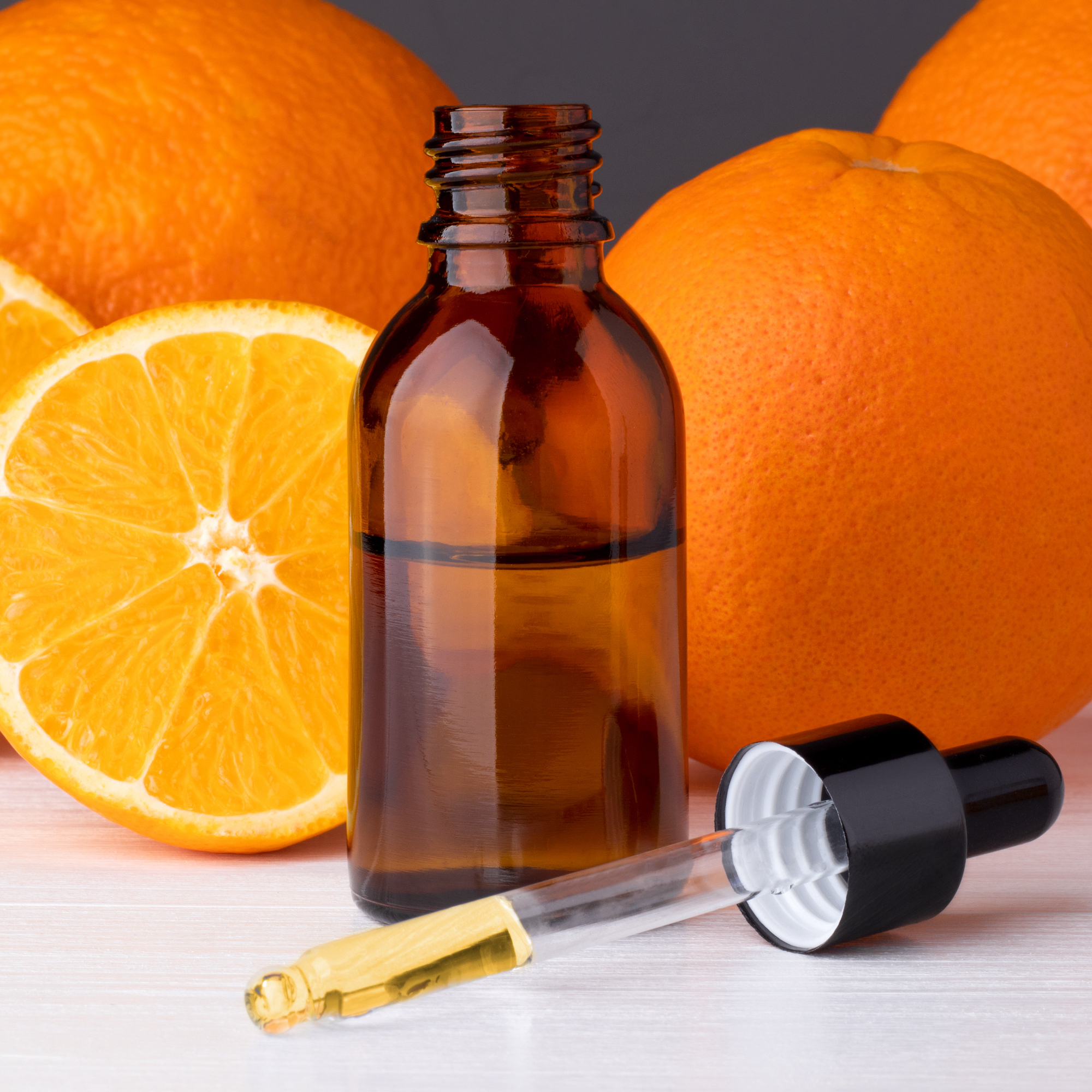
Everyone knows that you can use essential oils to clean your house, but they have also gained popularity in recent years as a natural method of pest control or plant treatment. Unfortunately, these essential oils can also poison innocent animals in the process.
‘Essential oils are commonly used within a garden as an alternative to chemical pesticides. However, the majority of homeowners are unaware that essential oils are toxic to the majority of wildlife,’ explains Andy.
‘Tea tree oil is a particular essential oil that is commonly used in a garden for killing fungal plant infections. Although tea tree oil is very effective in killing fungi it is also extremely toxic for the majority of wildlife, especially hedgehogs.’
‘When tea tree oil is ingested by hedgehogs, it causes organ failure, which is fatal. Instead of using tea tree oil to treat fungus, a mild solution of warm water and dish soap can be just as effective, while causing no harm to wildlife.’
Tea tree isn’t the only essential you should steer clear of, though. Eucalyptus, cinnamon, bergamot, citrus, and peppermint can also be deadly.
6. Patio cleaners
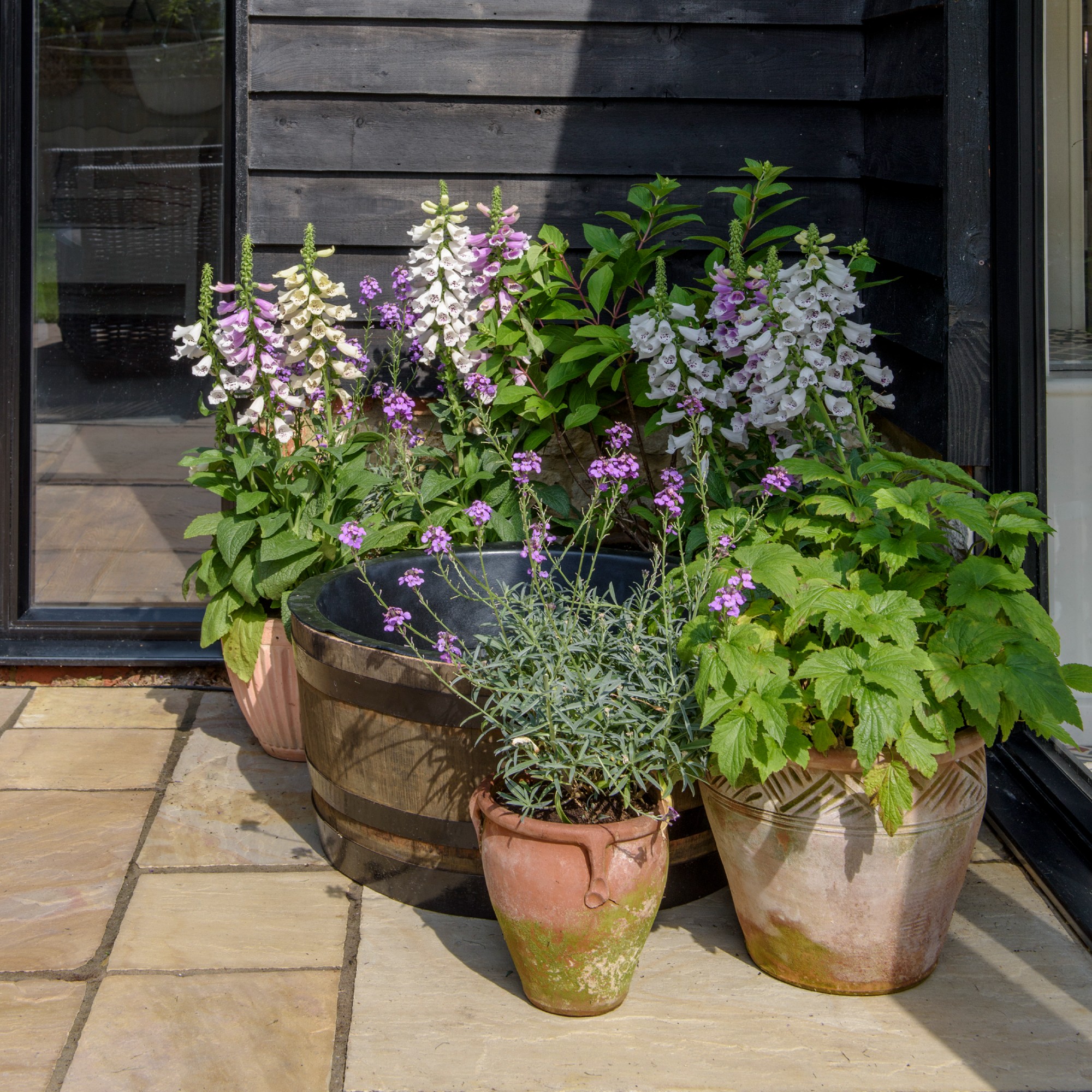
If you have a patio, knowing how to clean it is definitely something you should have on your radar. And while it’s not hard to find the best patio cleaners out there, it’s important to know what to look for to avoid poisoning the wildlife in your garden.
That’s because many of the patio cleaners on the market contain nasty chemicals such as benzalkonium chloride. Thankfully, not all of the patio cleaners out there are toxic, as a little extra research will lead you to natural, organic, and animal-friendly patio cleaners.
But you don’t necessarily have to use a designated patio cleaner, either. You could also clean your patio using one of the best pressure washers or swot up on the best ways to clean a patio without a pressure washer.
Our favourite (and simplest) natural way to clean a patio is to use water, eco-friendly washing-up liquid, and a stiff brush.
7. Poisonous plants
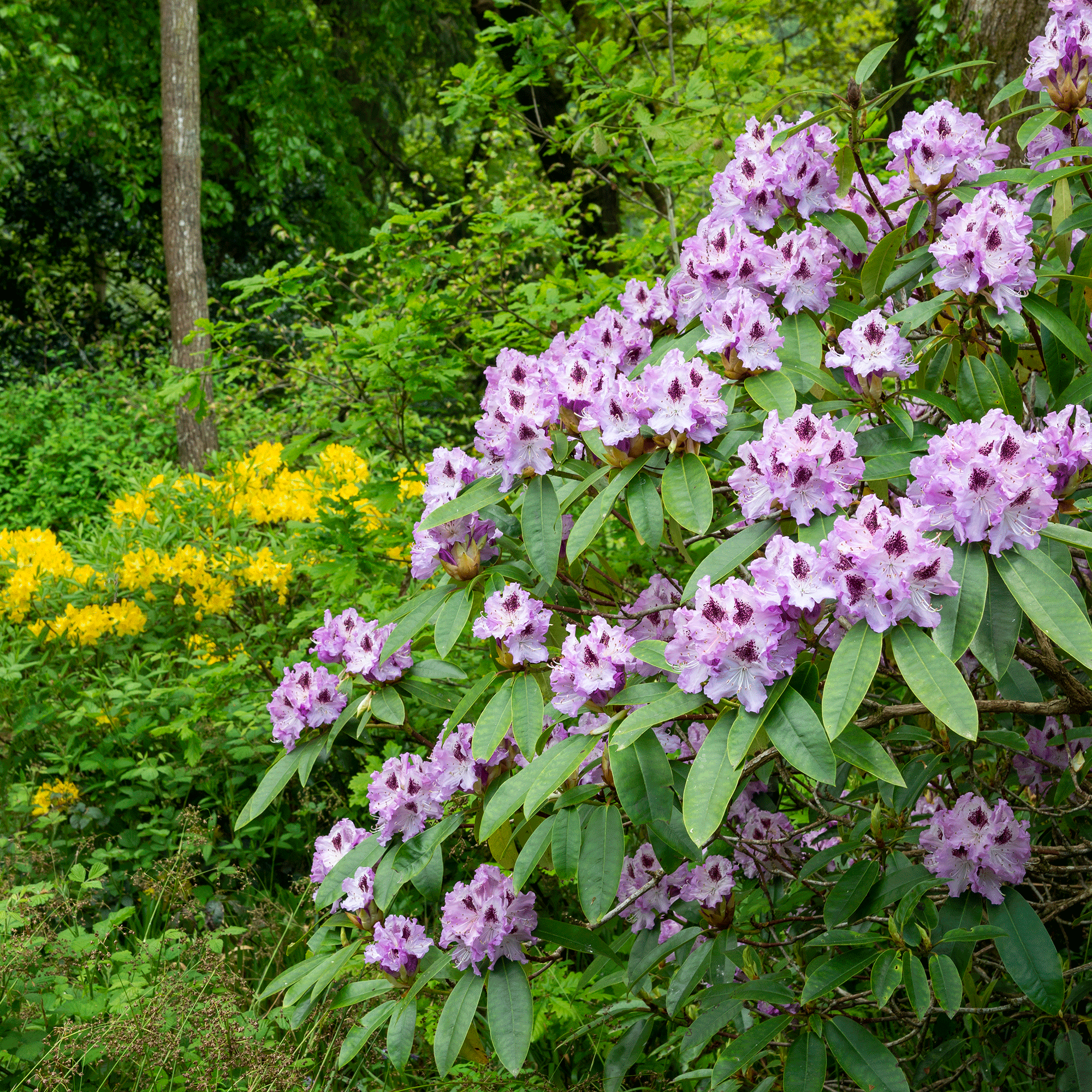
Just as there are pet-poisonous festive plants you need to look out for when Christmas comes around, there are also many pet-poisonous plants you should avoid in your garden, too.
‘Many homeowners choose garden plants based on them being attractive and low-maintenance,' explains a spokesperson for Garden Buildings Direct. 'However, we are urging green-fingered Brits to educate themselves on some of the more dangerous plants that could be lurking in their garden.’
In fact, many of the toxic plants below can be dangerous for both animals and humans, so it’s best to do your research and understand the risks associated with plants before planting them in your garden.
Common poisonous garden plants include:
- Rhododendrons
- Daffodils
- Lilies
- Giant hogweed
- Hydrangea
- Cotoneaster
- Tulips
- Foxgloves
Of course, this doesn’t mean that you have to remove these plants from your garden completely. Just make sure that you understand the risks and enforce measures to keep pets away from them at all costs.
FAQs
What plant is poisonous to most animals?
Unfortunately, many of the most beautiful garden plants are poisonous to animals. These include the likes of foxgloves, lilies, and even daffodils.
Of course, they’re largely only poisonous if the animal ingests the plant, but it’s still a good idea to either steer clear of them entirely or take measures to keep them away from animals.
For example, you could create a raised container garden where you can ensure that dogs, cats, and even smaller critters like hedgehogs and mice can’t get to it.
How do you make a wildlife-friendly garden?
Animals will normally enter your garden for three things; food, water, and shelter. If you can offer all three, you should be able to make a wildlife-friendly garden in no time.
While you can buy bird boxes, make bug hotels, and even install bat boxes, often the best way to encourage wildlife in your garden is to offer bird feeders and bird baths, plant climbing plants and hedges for shelter, and build a compost heap.
So, this is your sign to stop using these potentially poisonous gardening products and switch to natural alternatives instead.

Lauren Bradbury has been the Content Editor for the House Manual section since January 2025 but worked with the team as a freelancer for a year and a half before that. She graduated with a Bachelor’s degree in English and Creative Writing from the University of Chichester in 2016. Then, she dipped her toe into the world of content writing, primarily focusing on home content. After years of agency work, she decided to take the plunge and become a full-time freelancer for online publications, including Real Homes and Ideal Home, before taking on this permanent role. Now, she spends her days searching for the best decluttering and cleaning hacks and creating handy how-to guides for homeowners and renters alike, as well as testing vacuums as part of her role as the Ideal Home Certified Expert in Training on Vacuums, having spent over 110 hours testing different vacuum models to date!
-
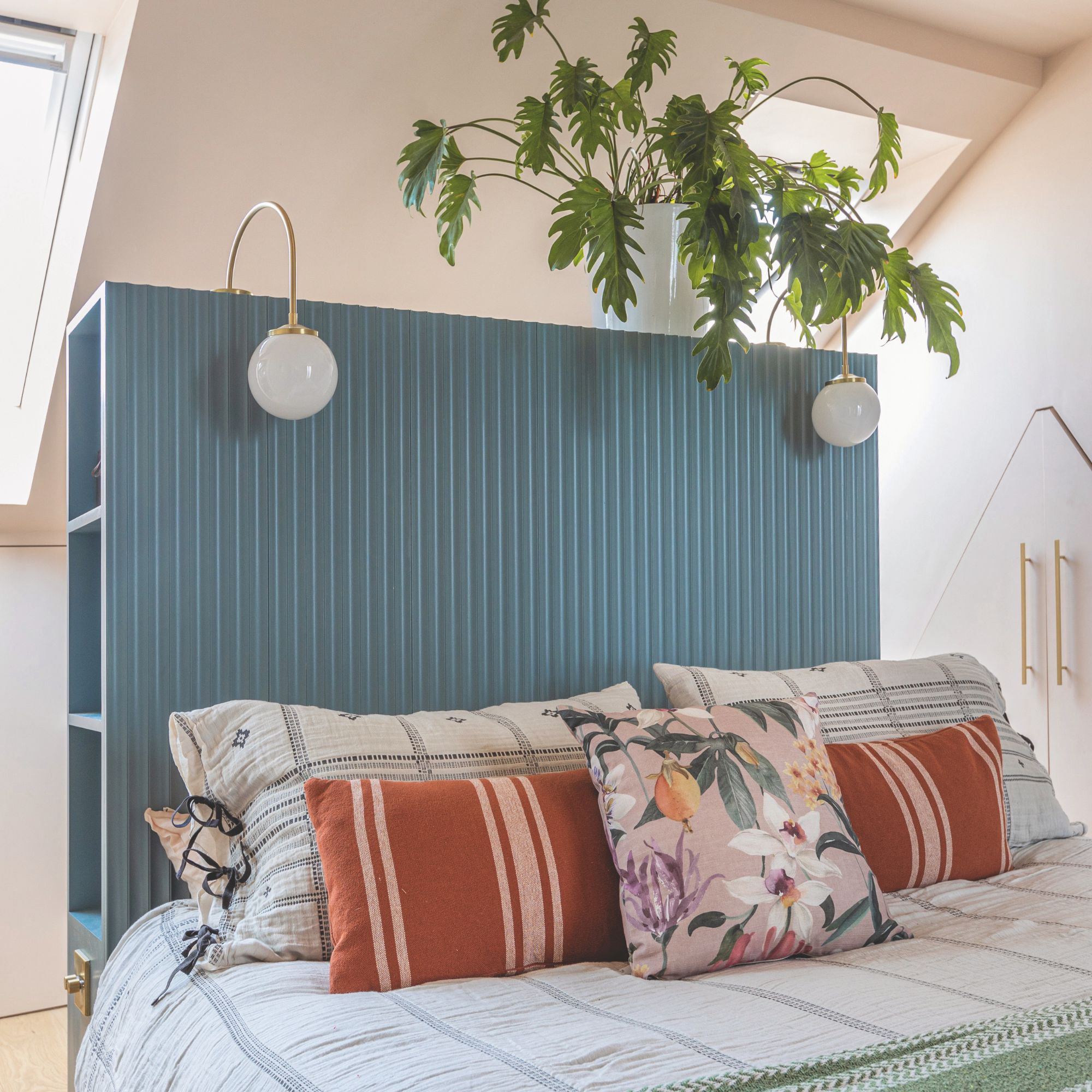 5 signs you’ve taken decluttering too far — and how you can pull yourself back, according to organisation experts
5 signs you’ve taken decluttering too far — and how you can pull yourself back, according to organisation expertsYou might have to start resisting the urge to purge
By Lauren Bradbury
-
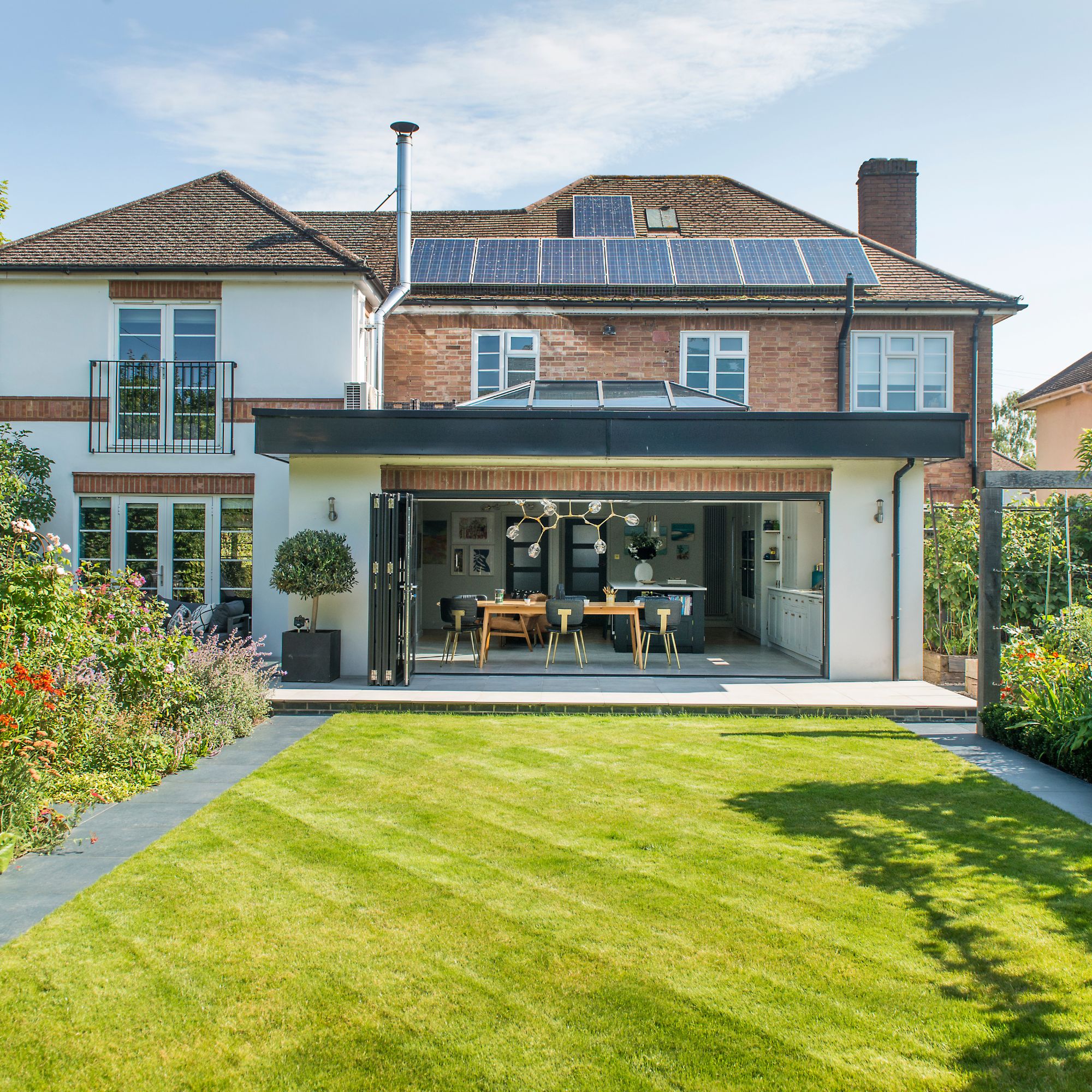 What is the Party Wall Act 3m rule and is it something you should be worried about? This is what the experts say
What is the Party Wall Act 3m rule and is it something you should be worried about? This is what the experts sayDon't get caught off-guard by the Party Wall Act 3m rule — our expert guide is a must-read
By Natasha Brinsmead
-
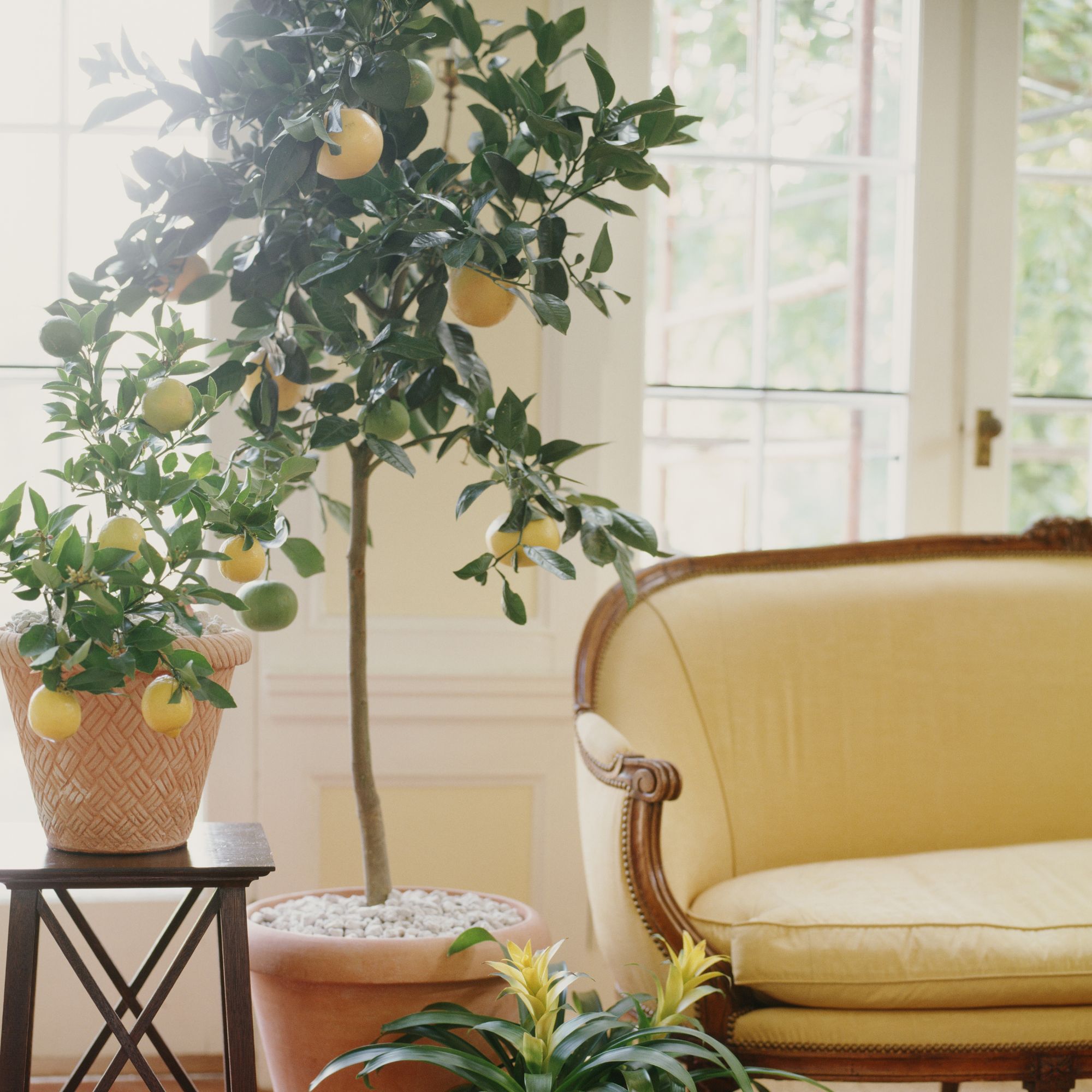 Shoppers can’t get enough of The Range’s lemon tree, but I’ve found an even cheaper bestseller at B&Q - it’s perfect for a Mediterranean look
Shoppers can’t get enough of The Range’s lemon tree, but I’ve found an even cheaper bestseller at B&Q - it’s perfect for a Mediterranean lookWelcome the summer with this glorious fruit tree
By Kezia Reynolds
